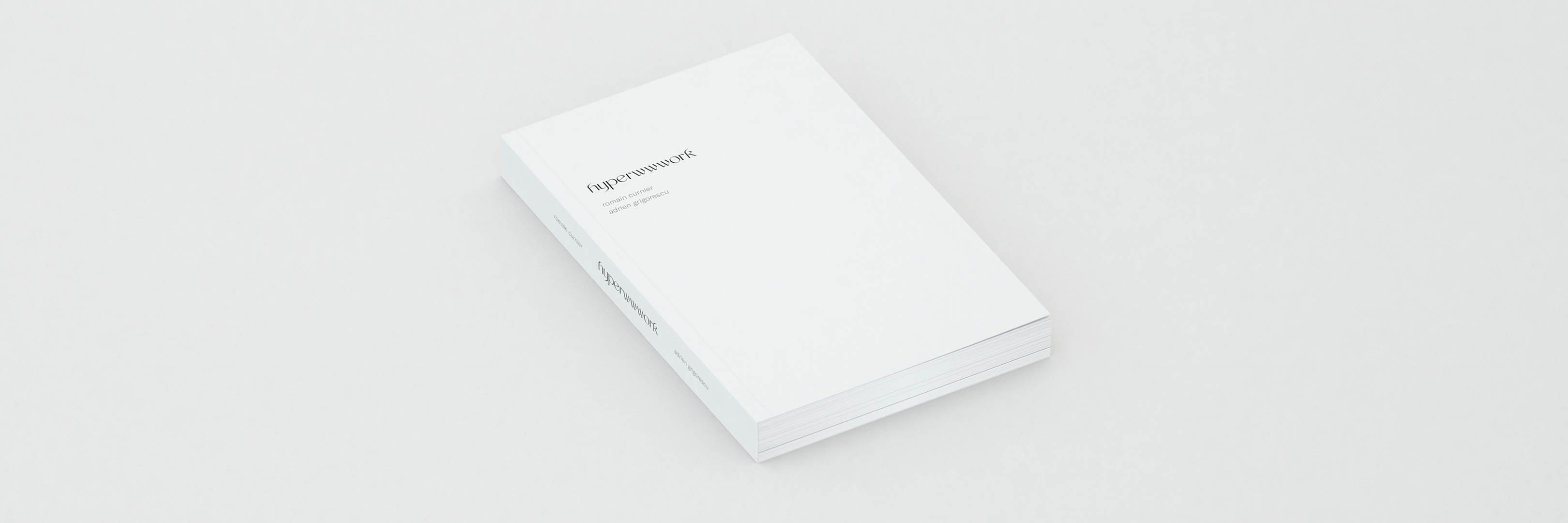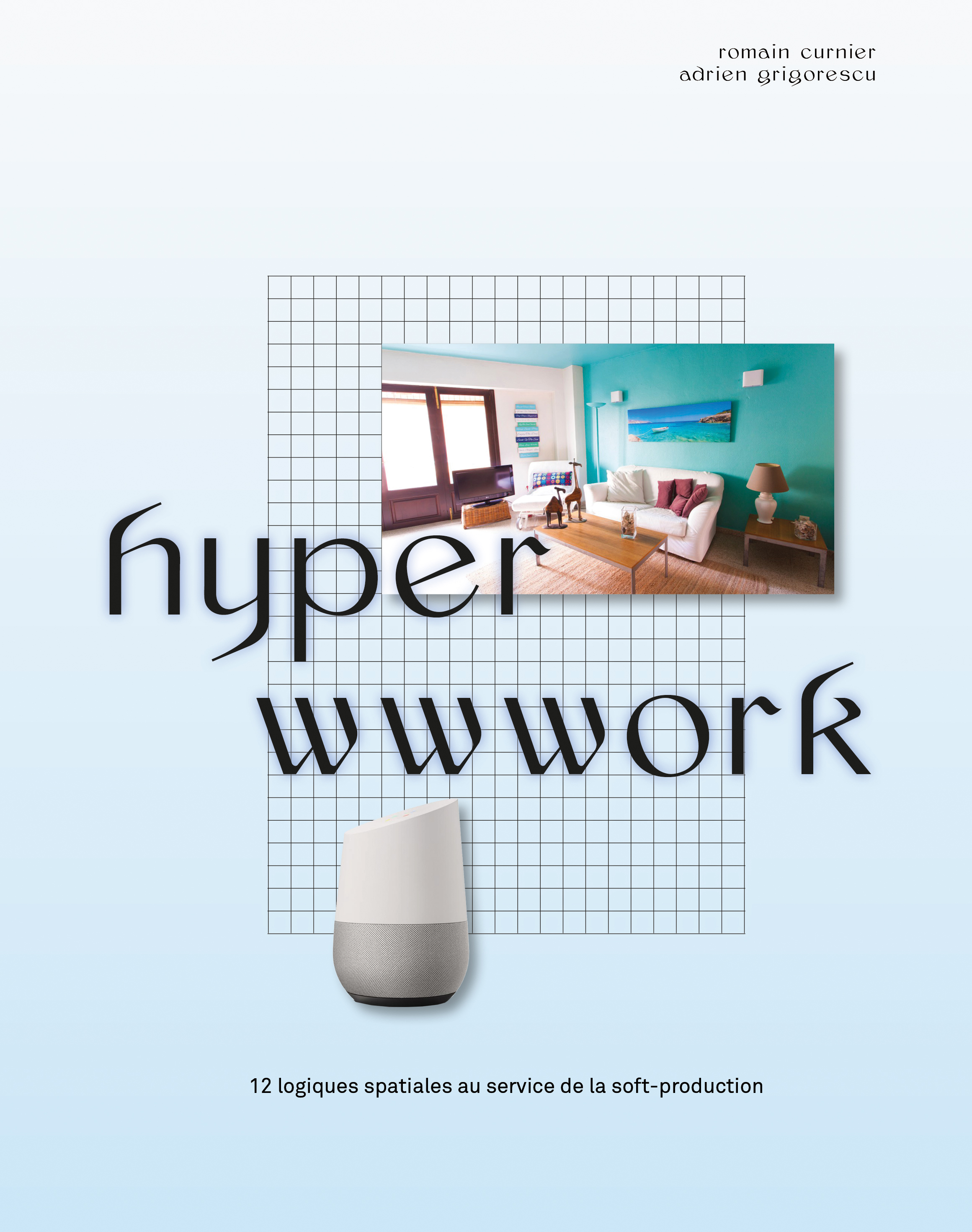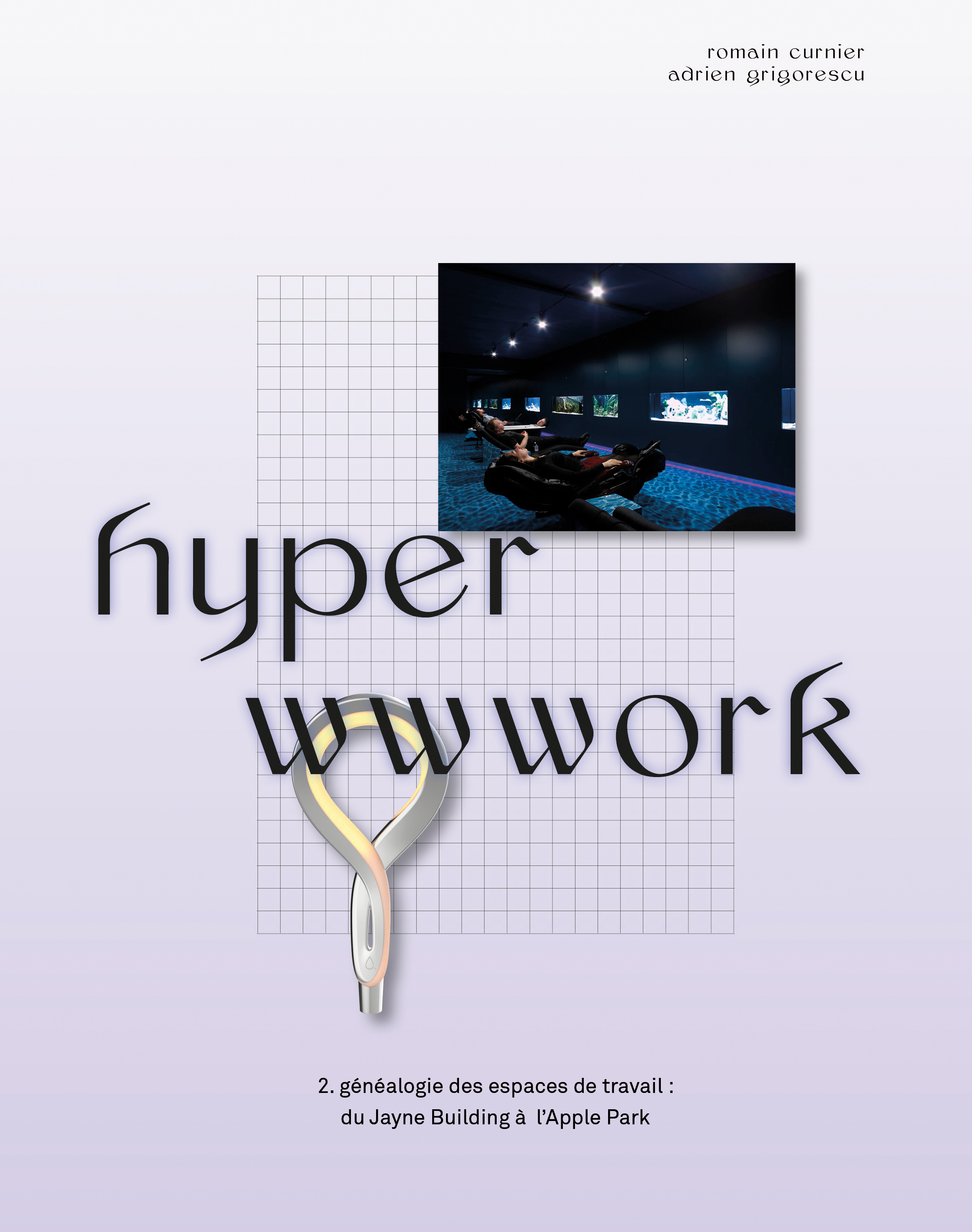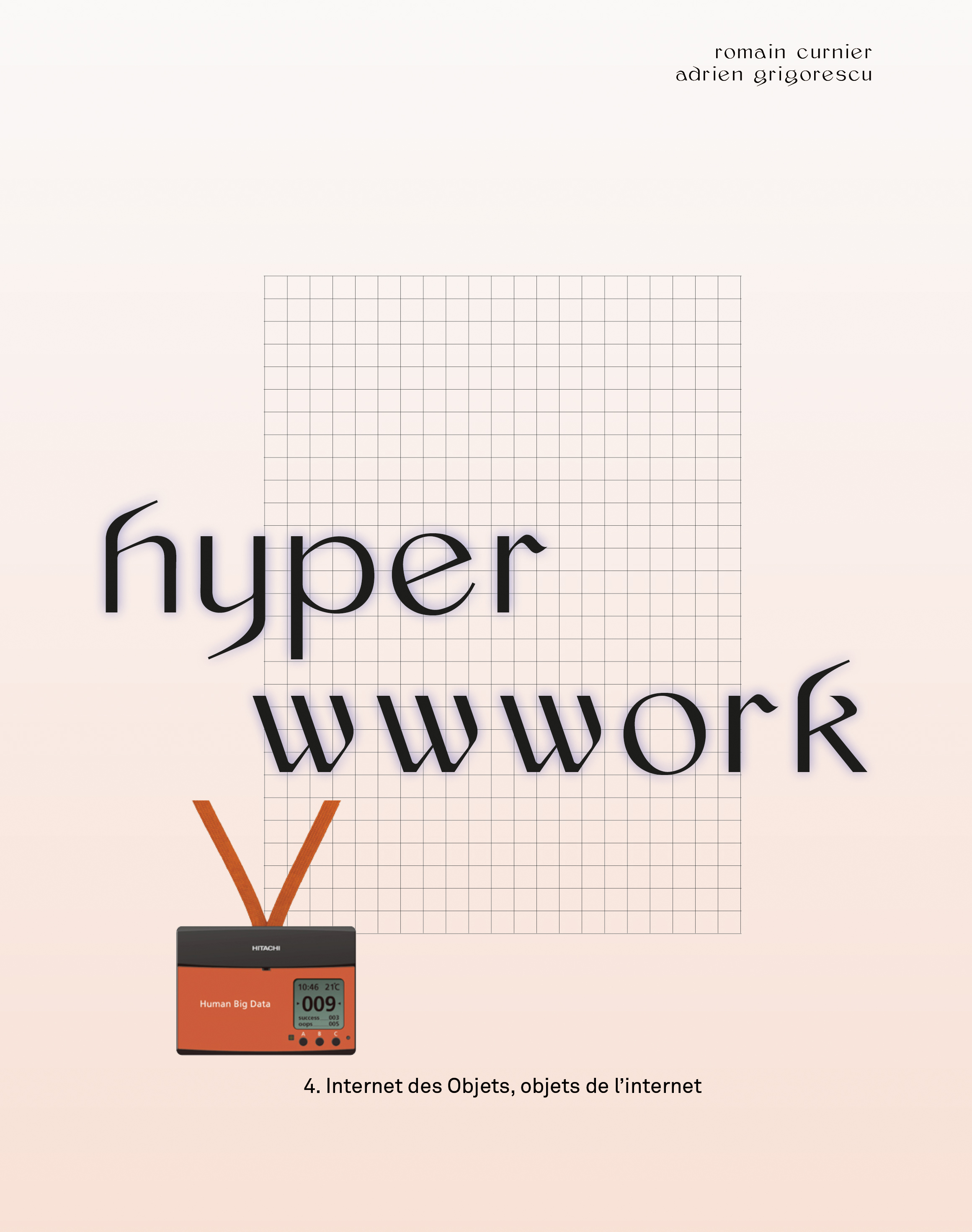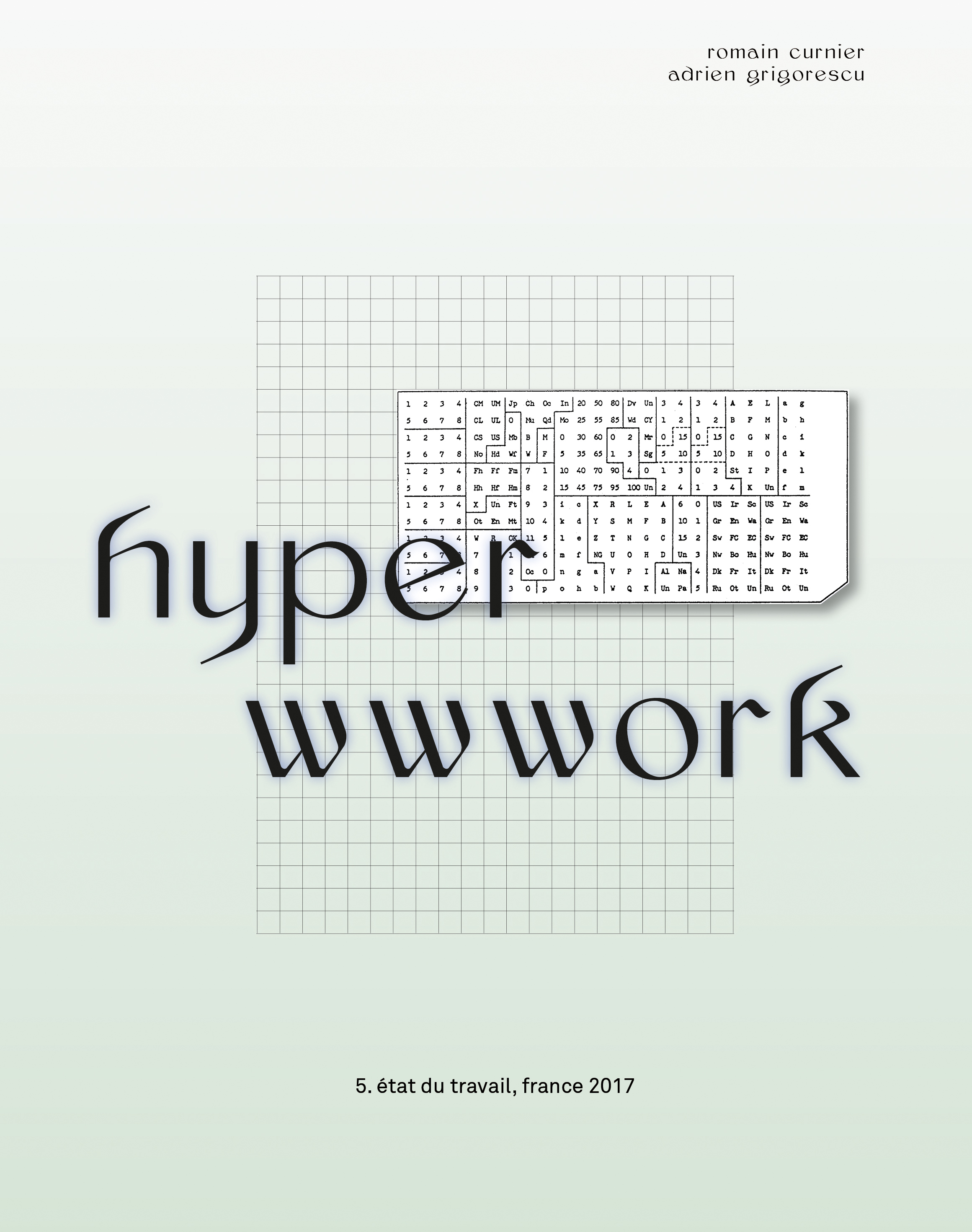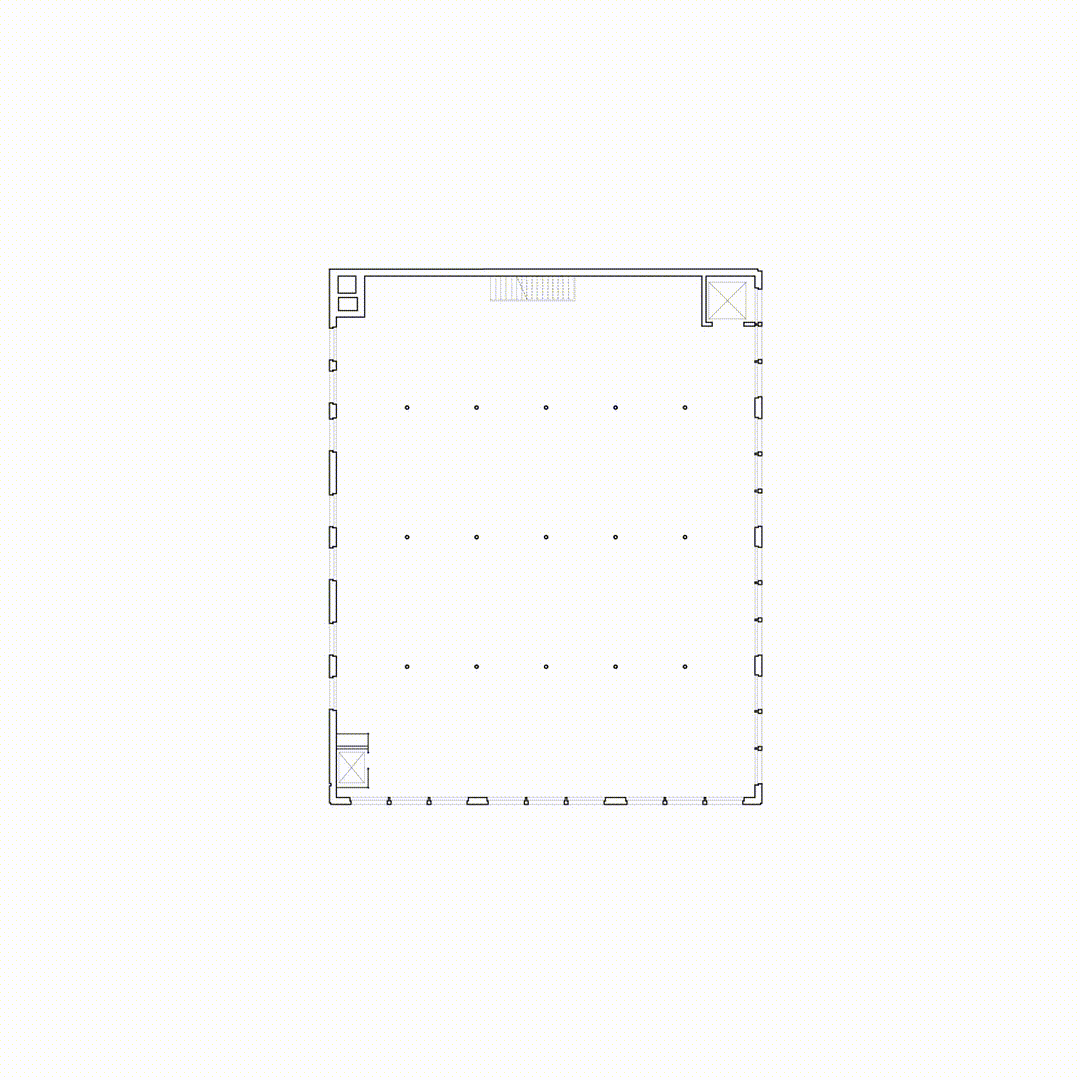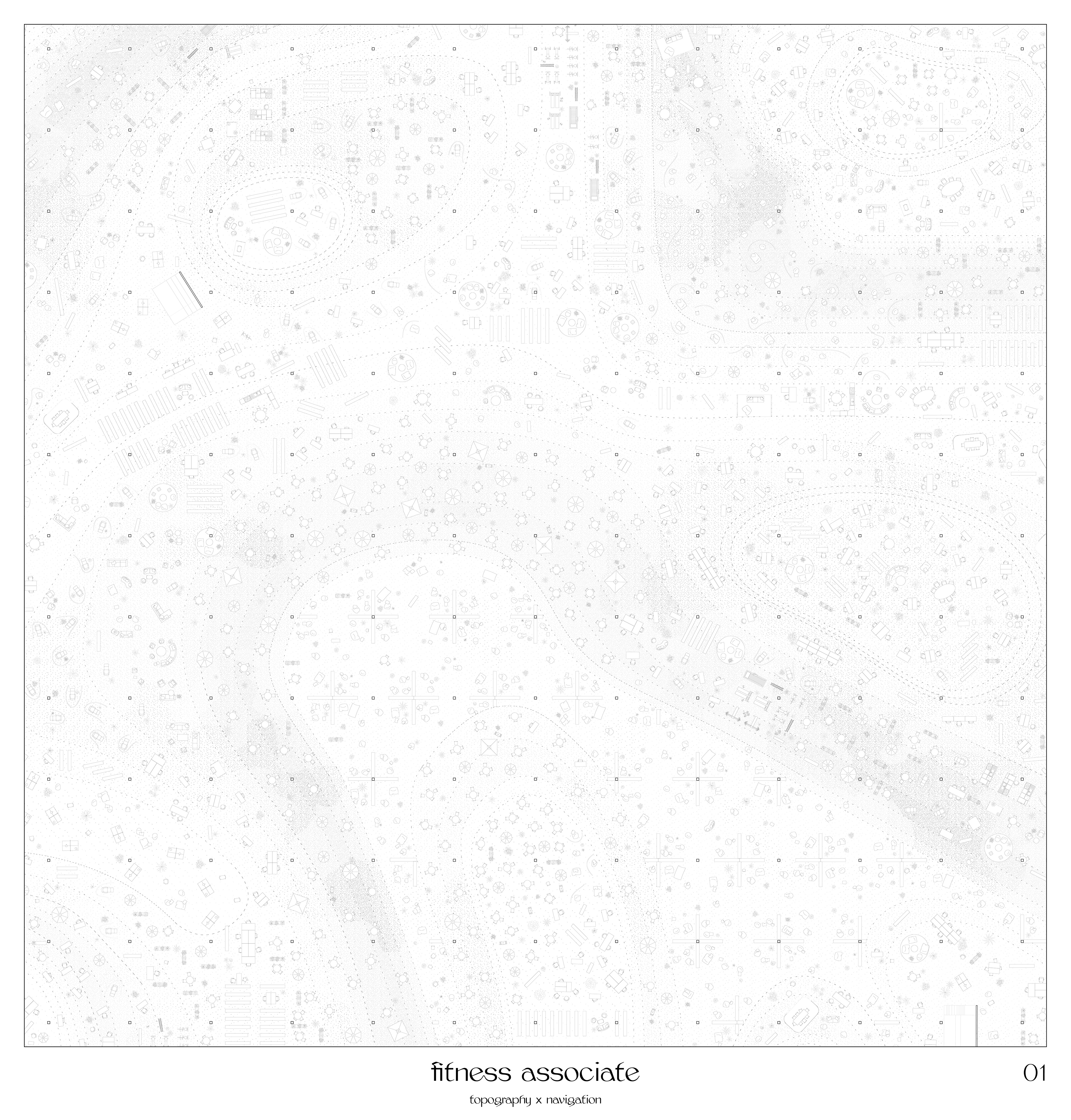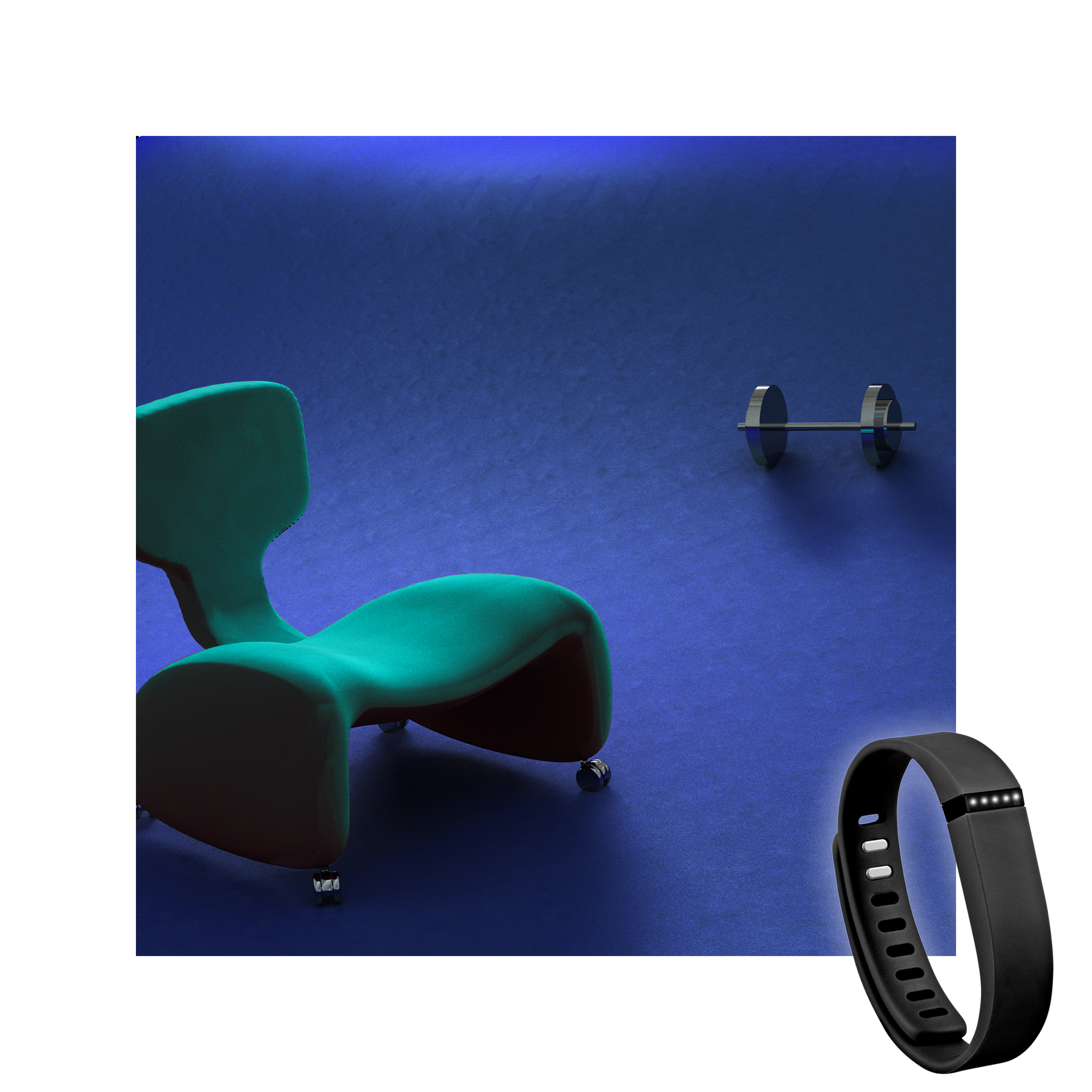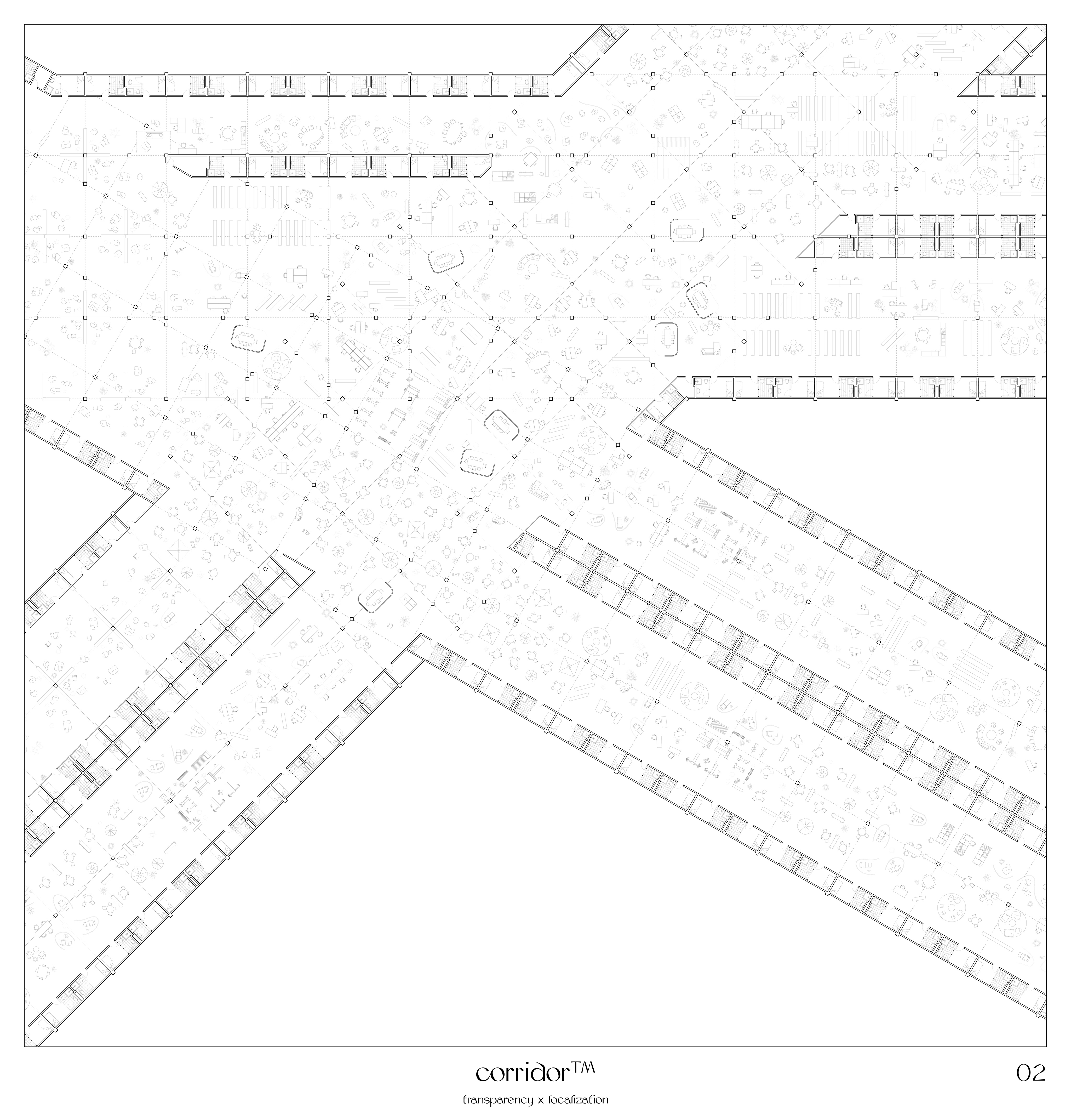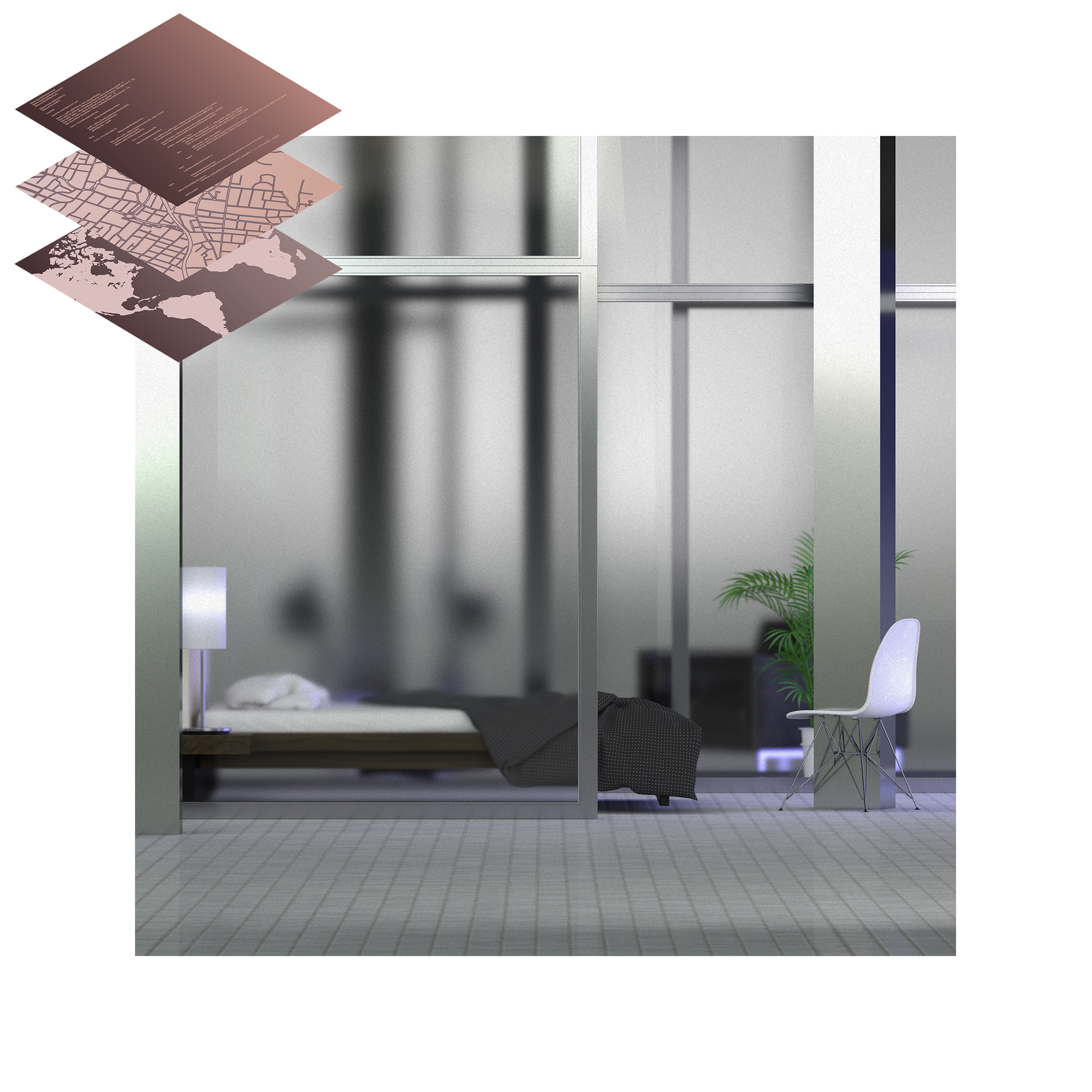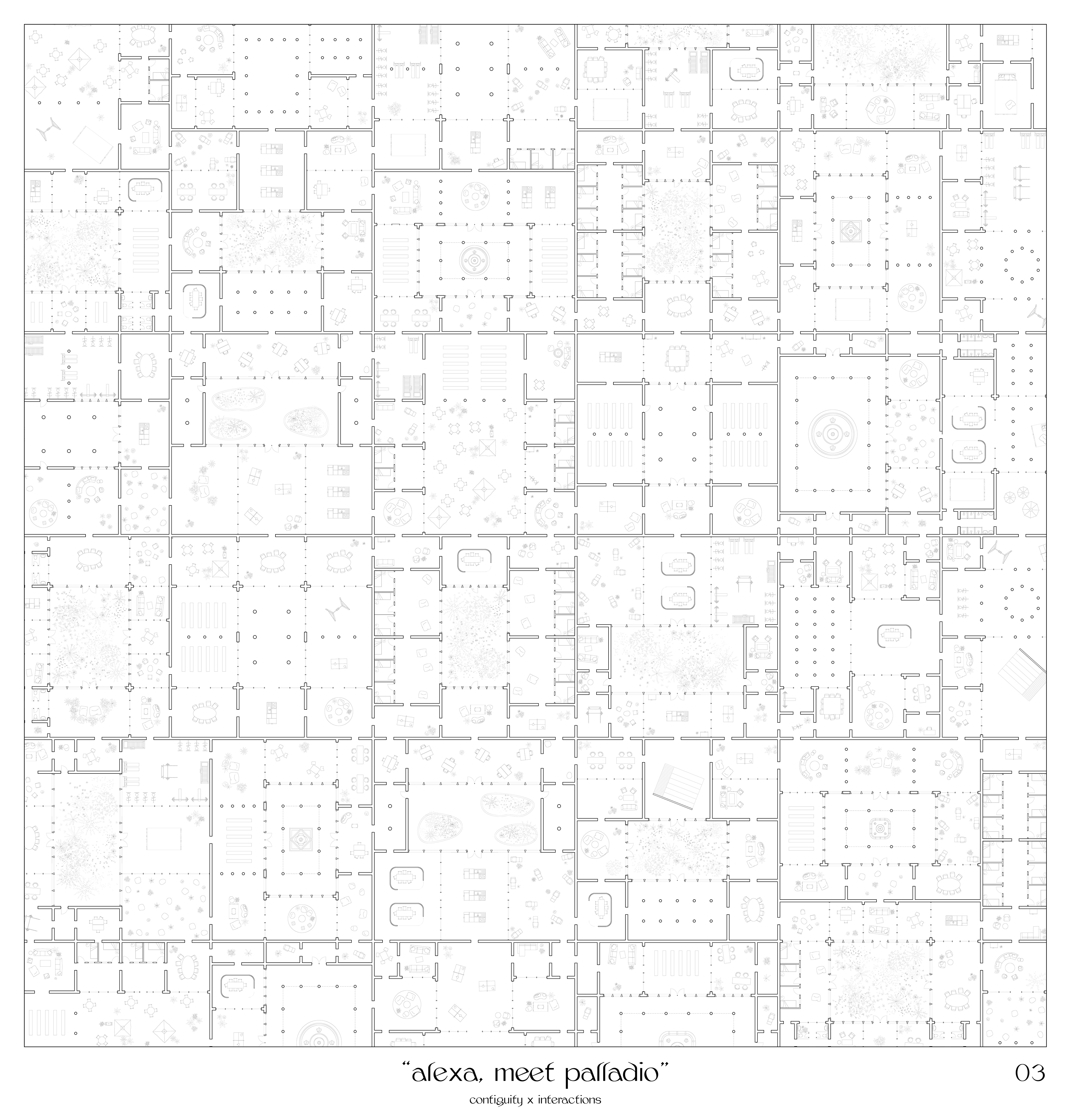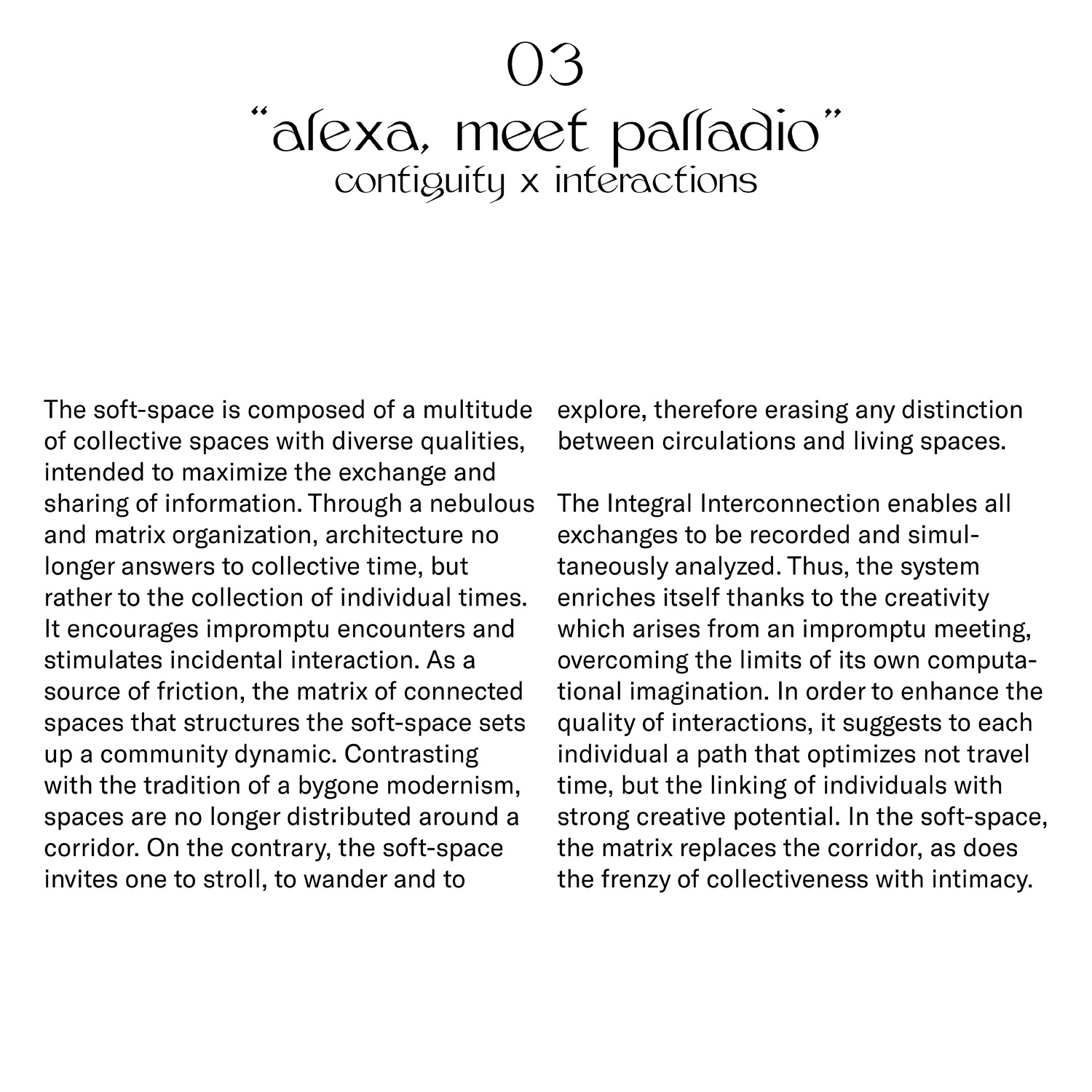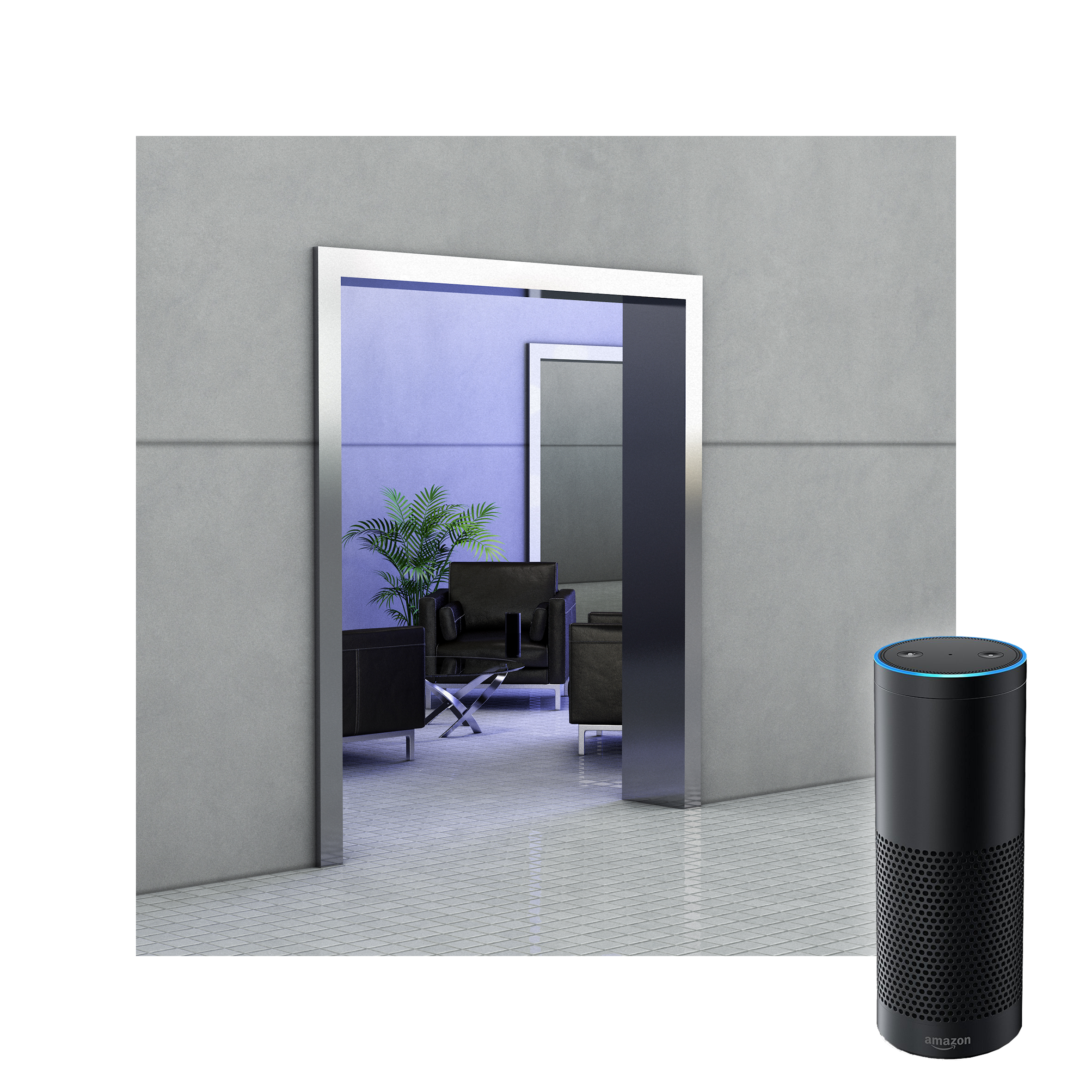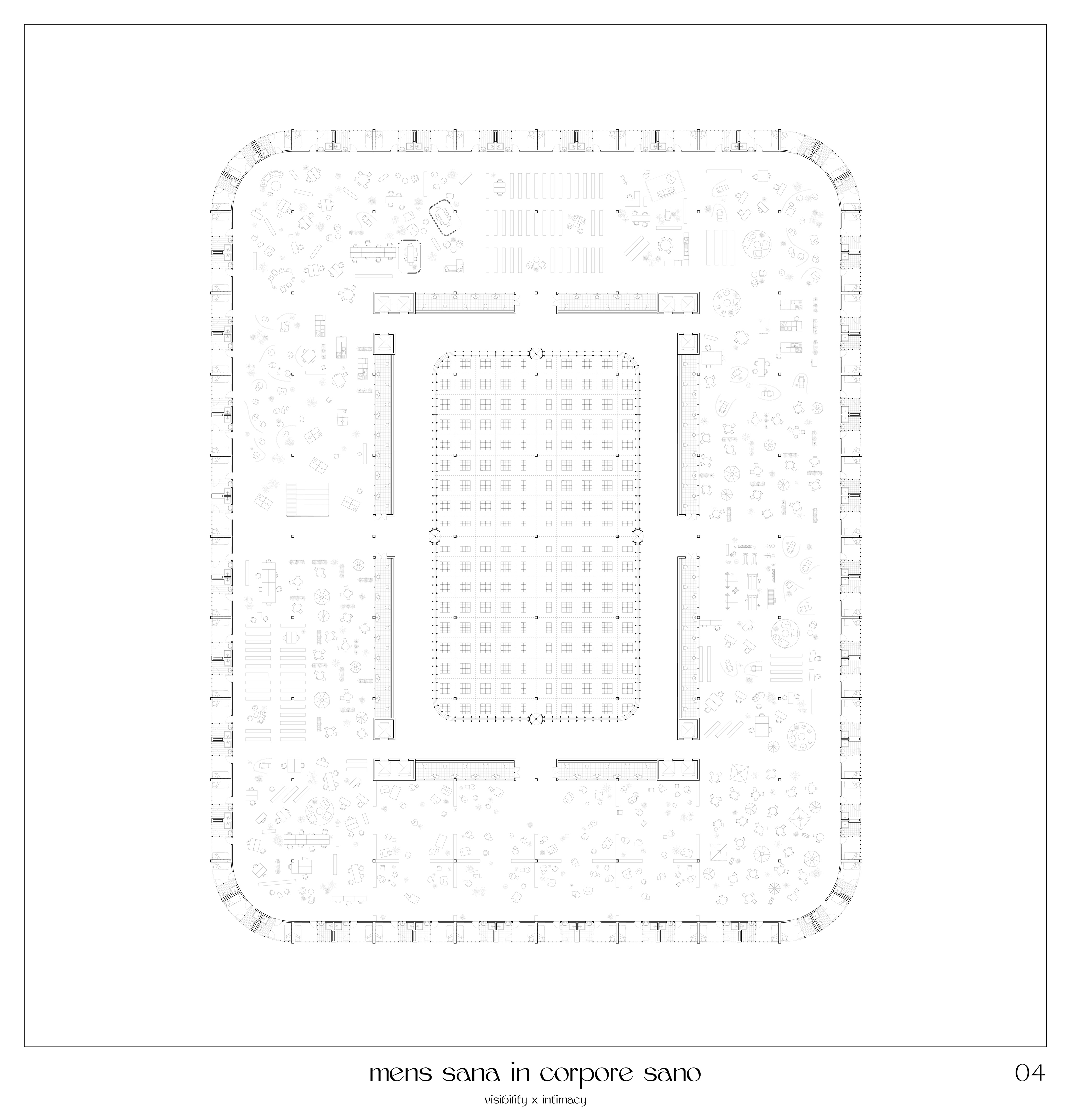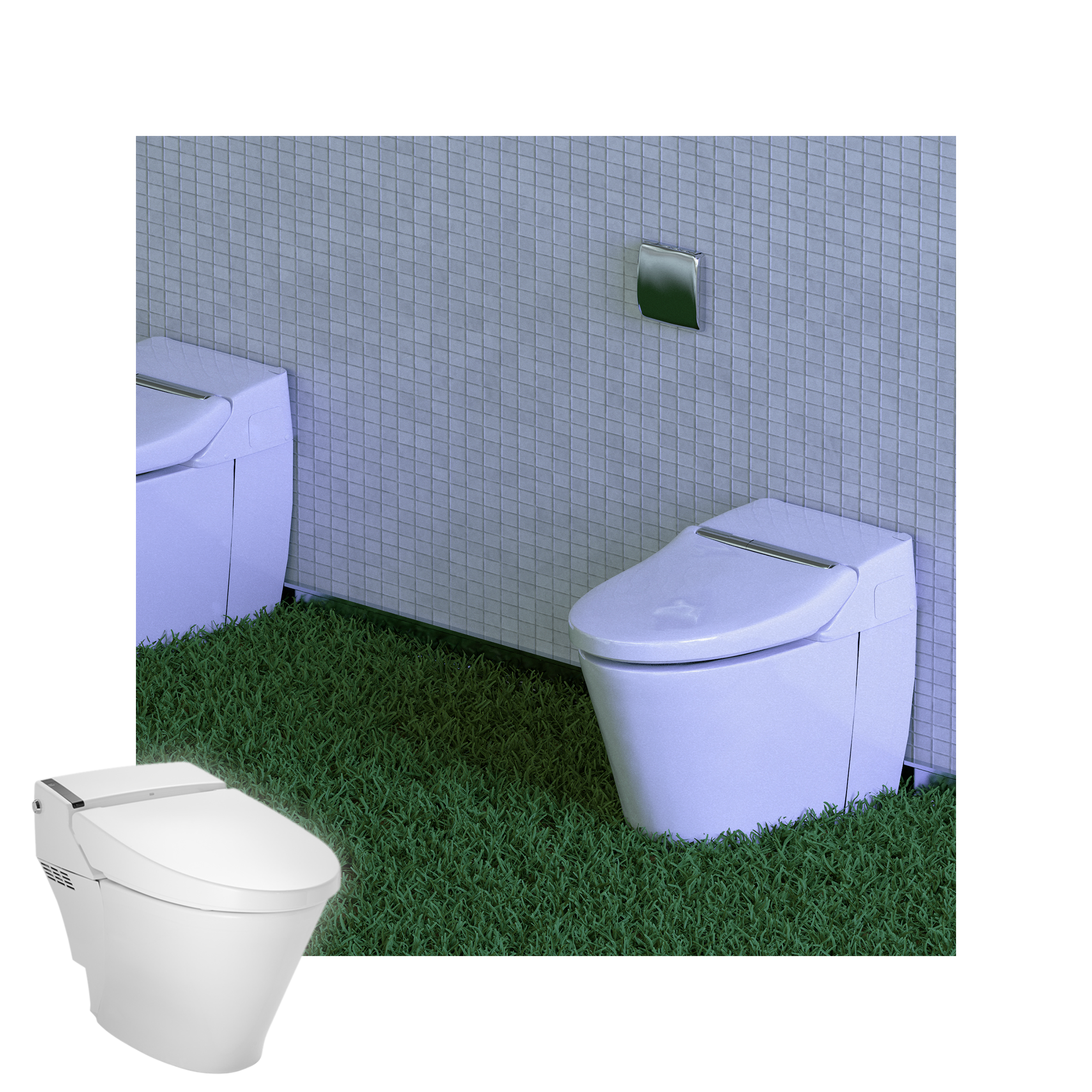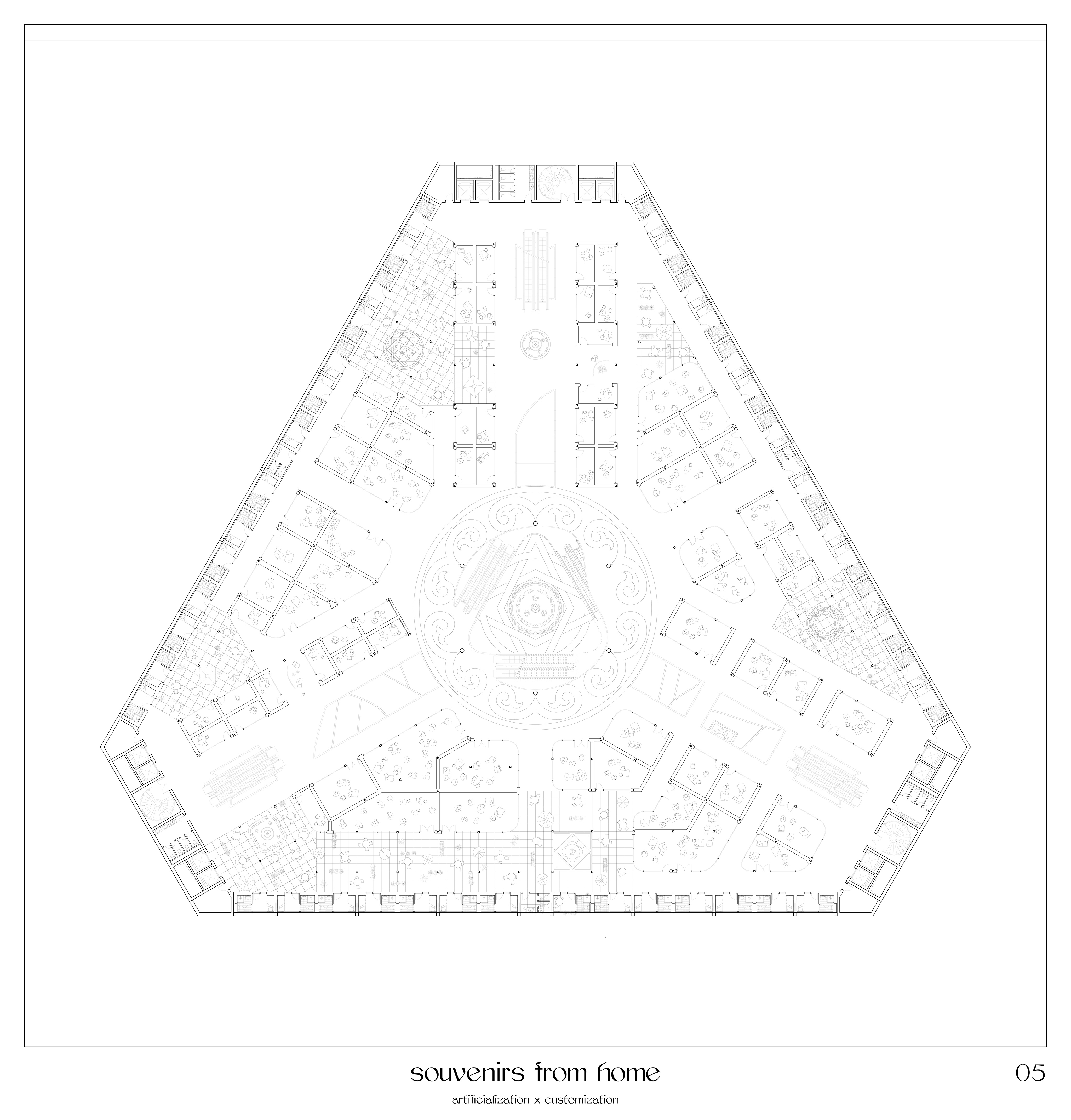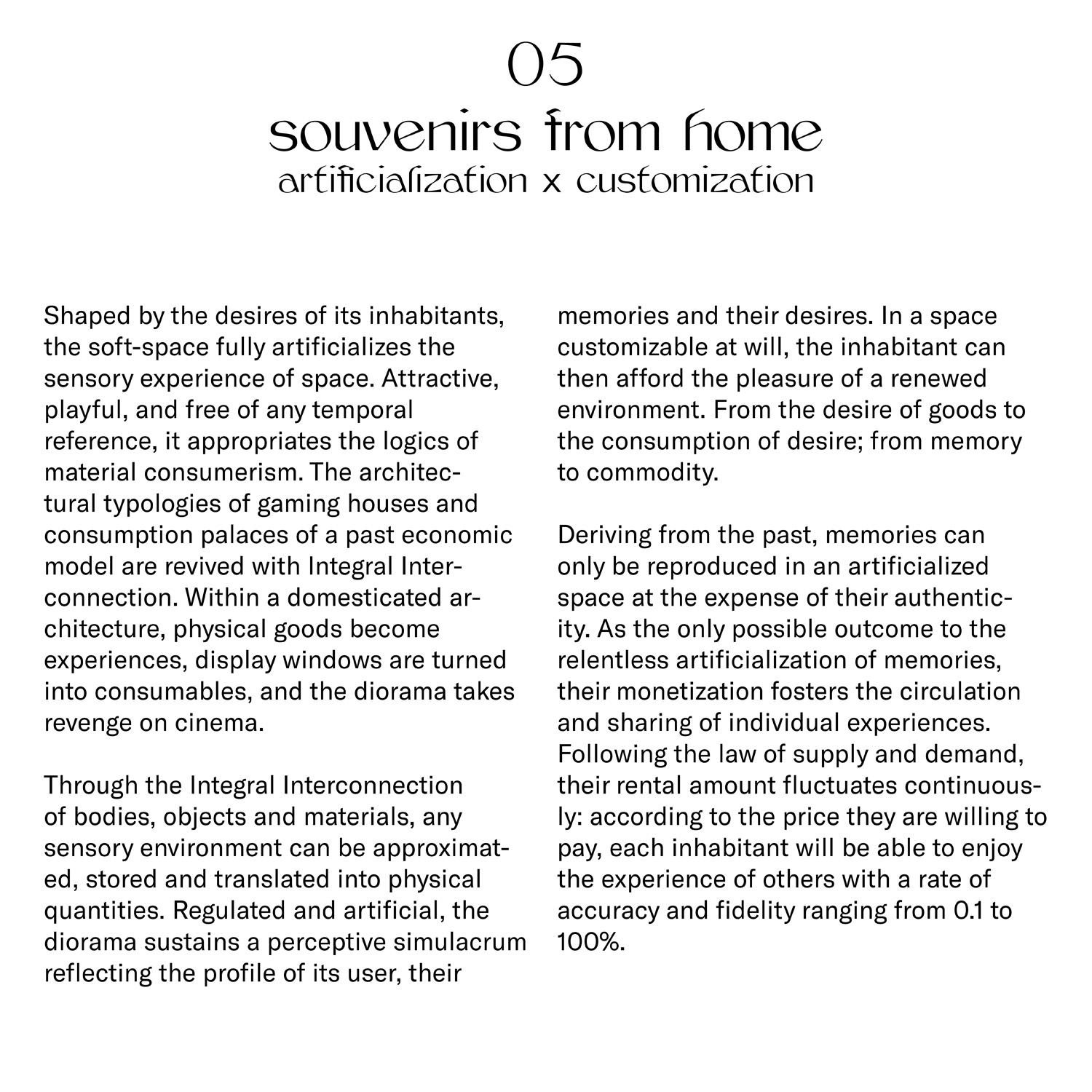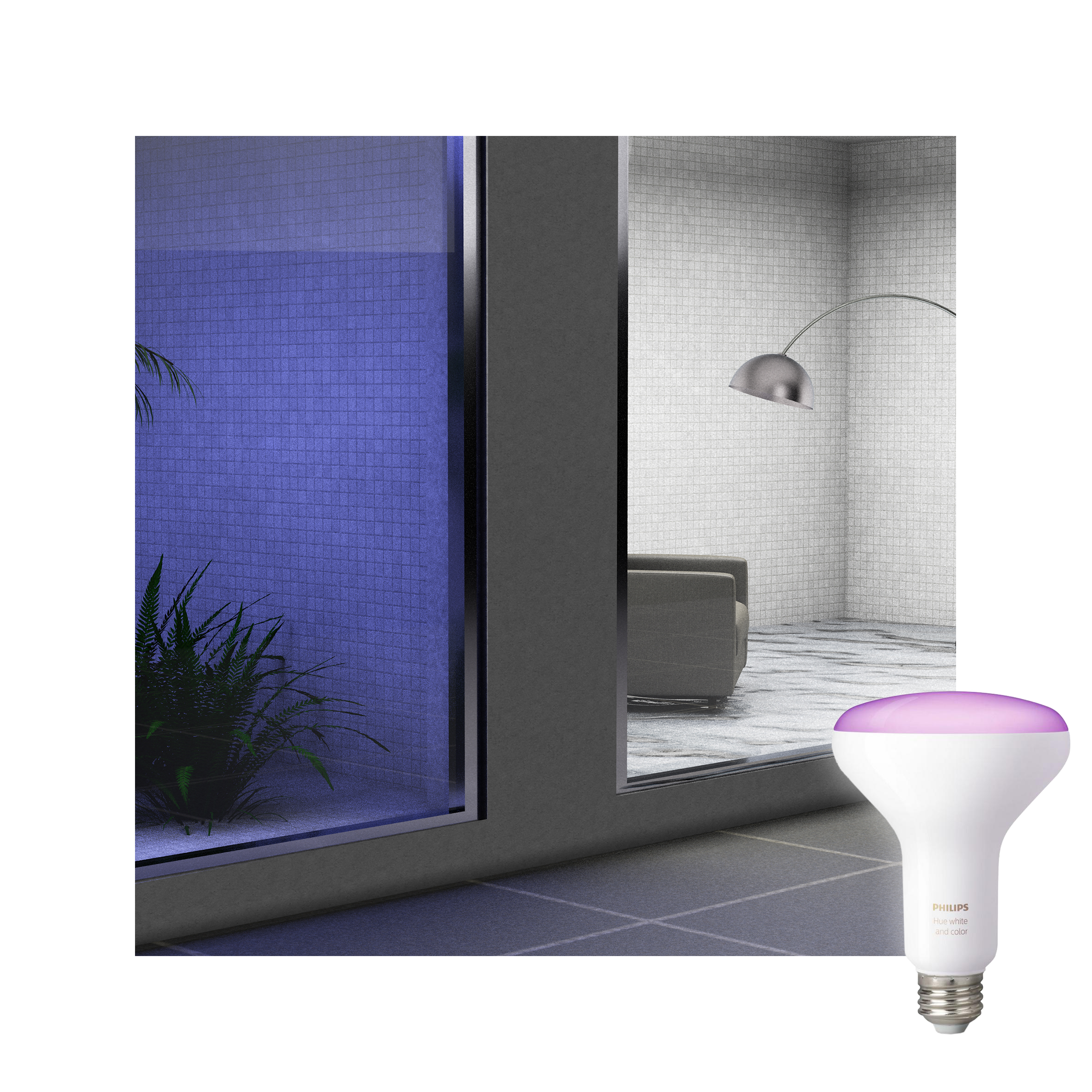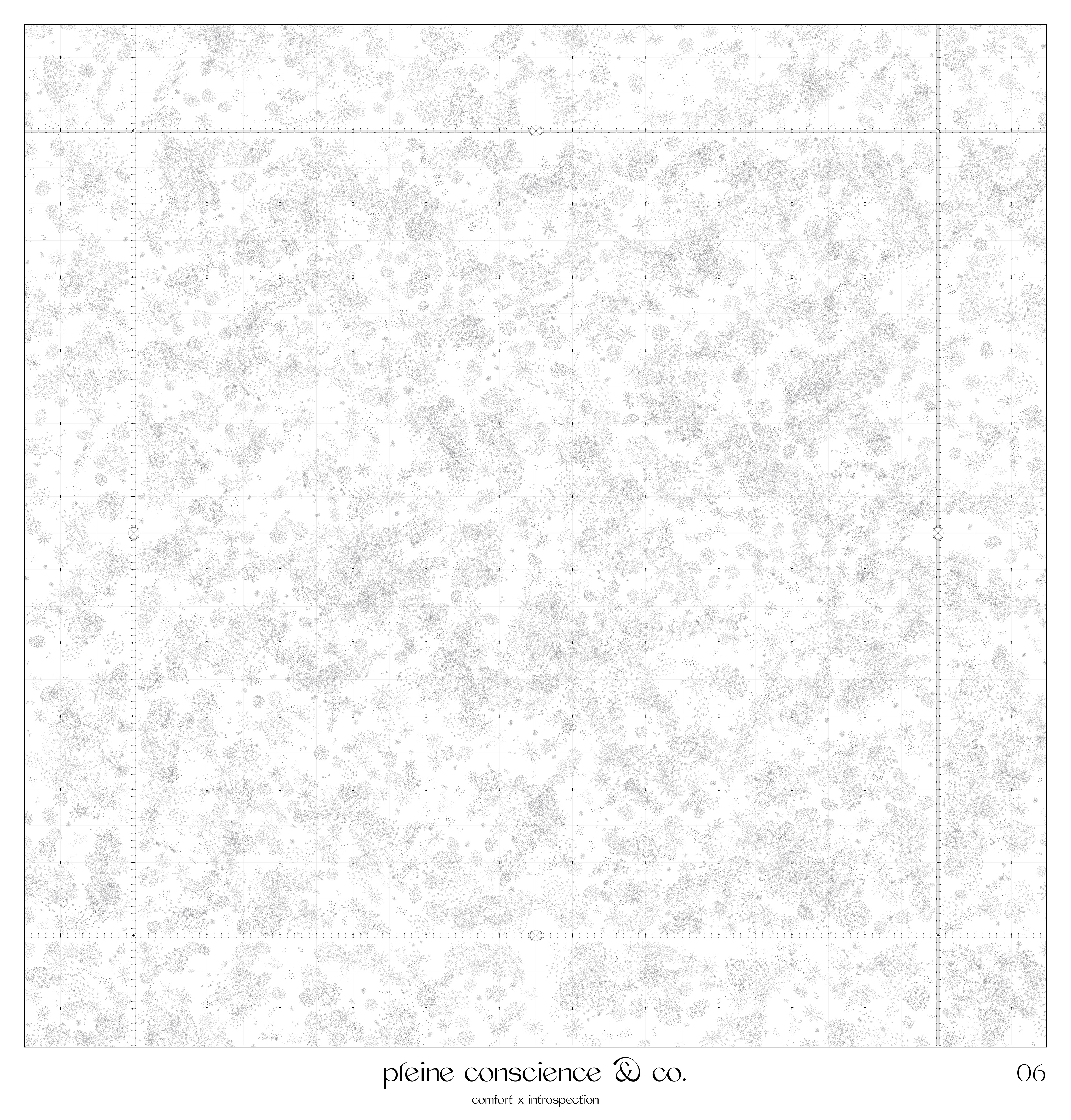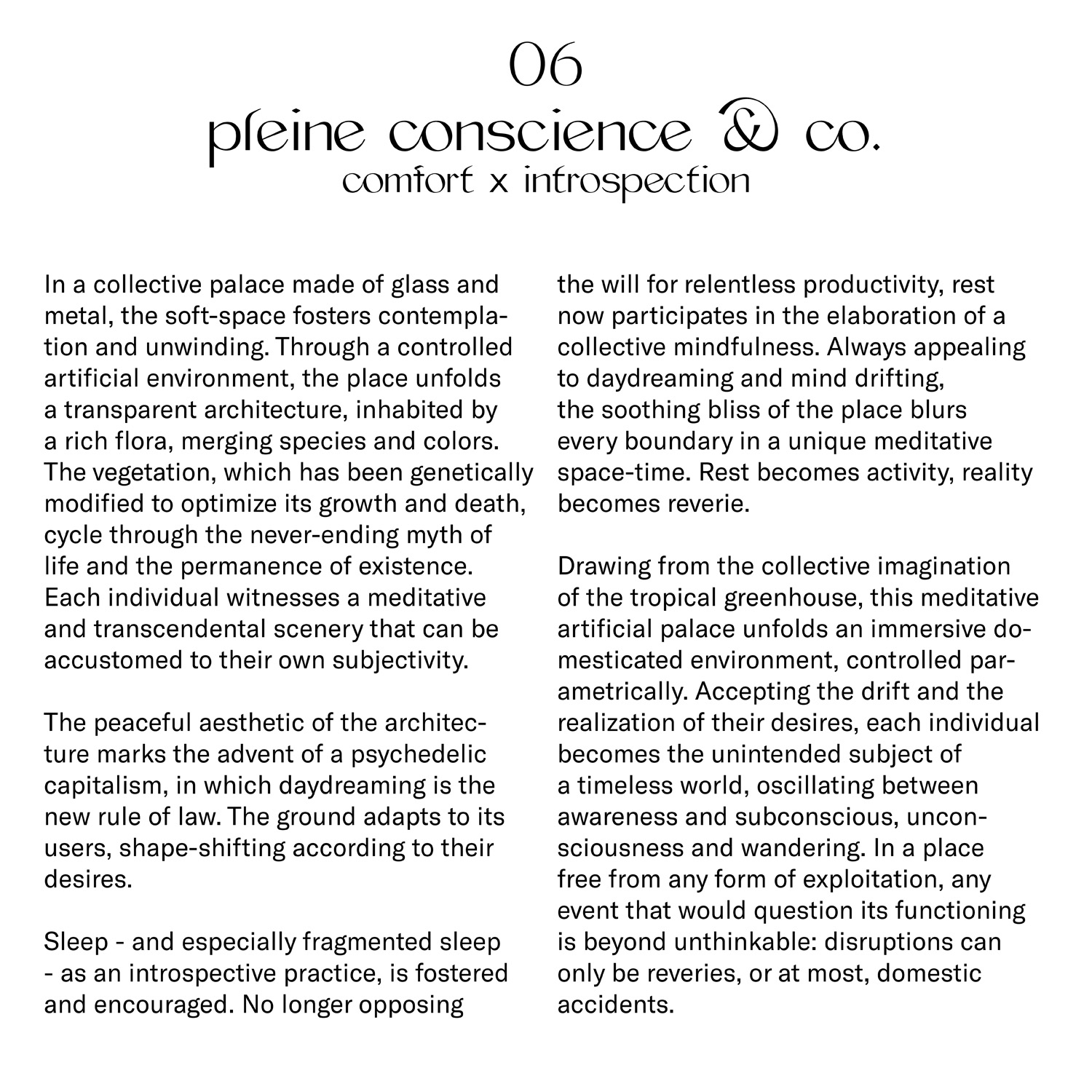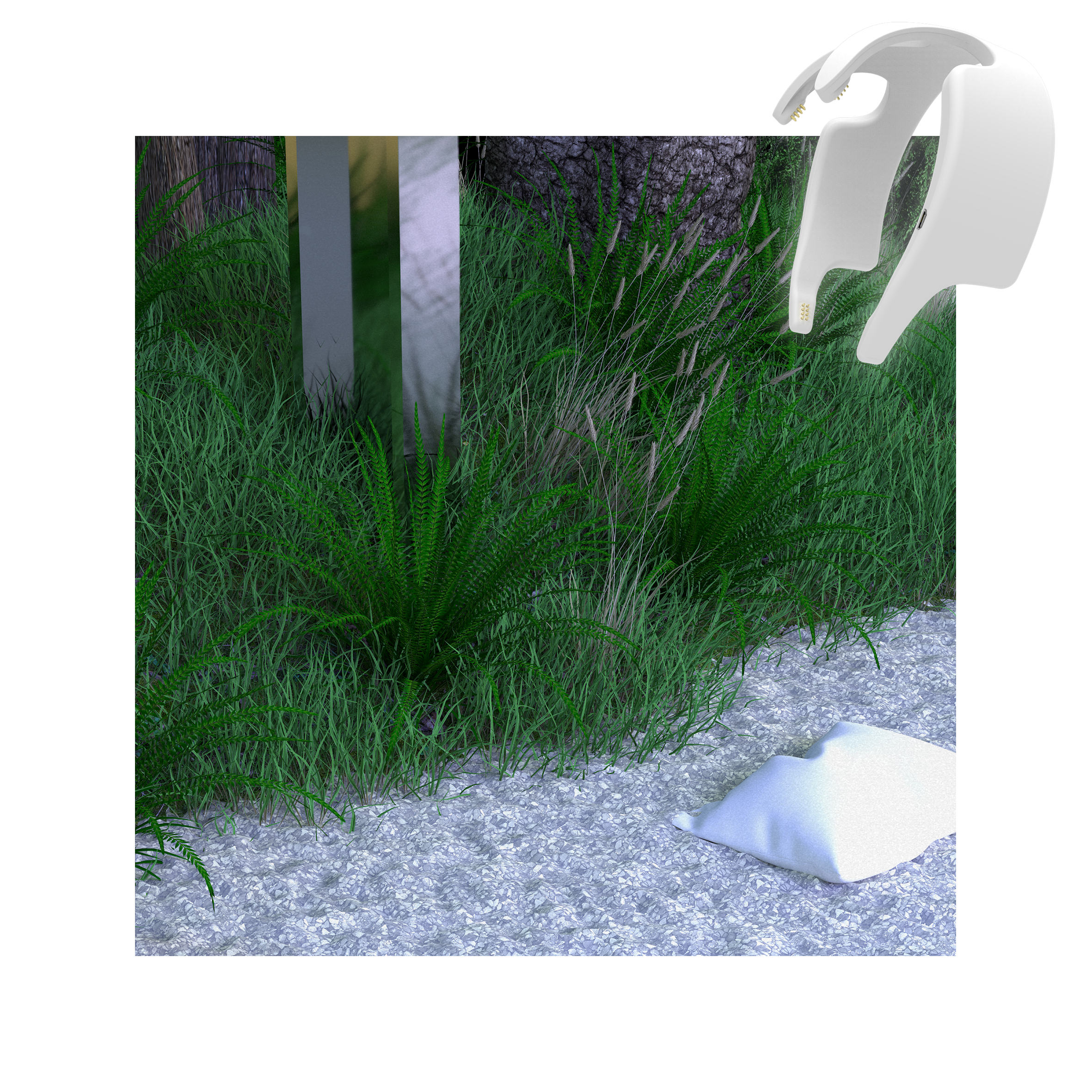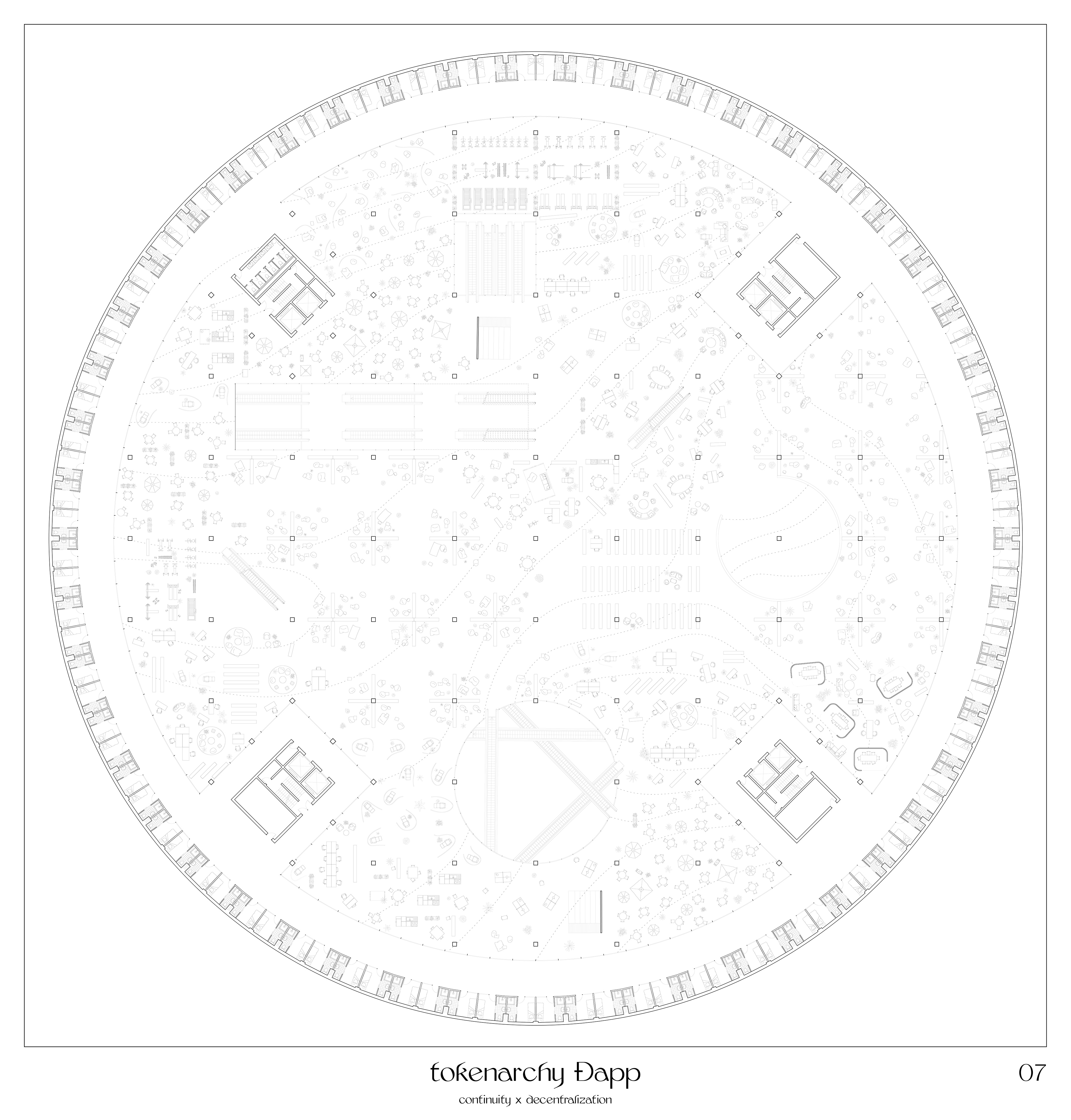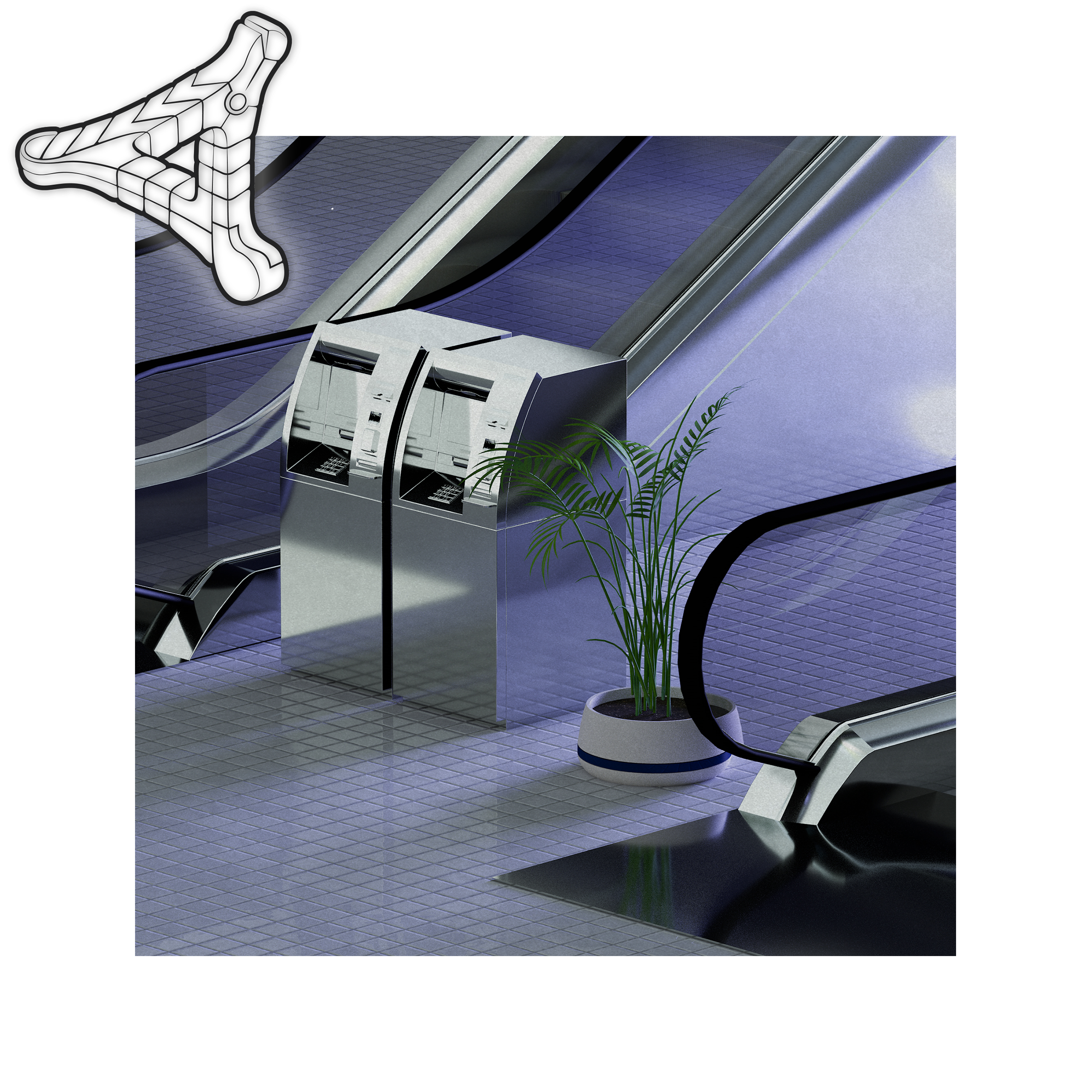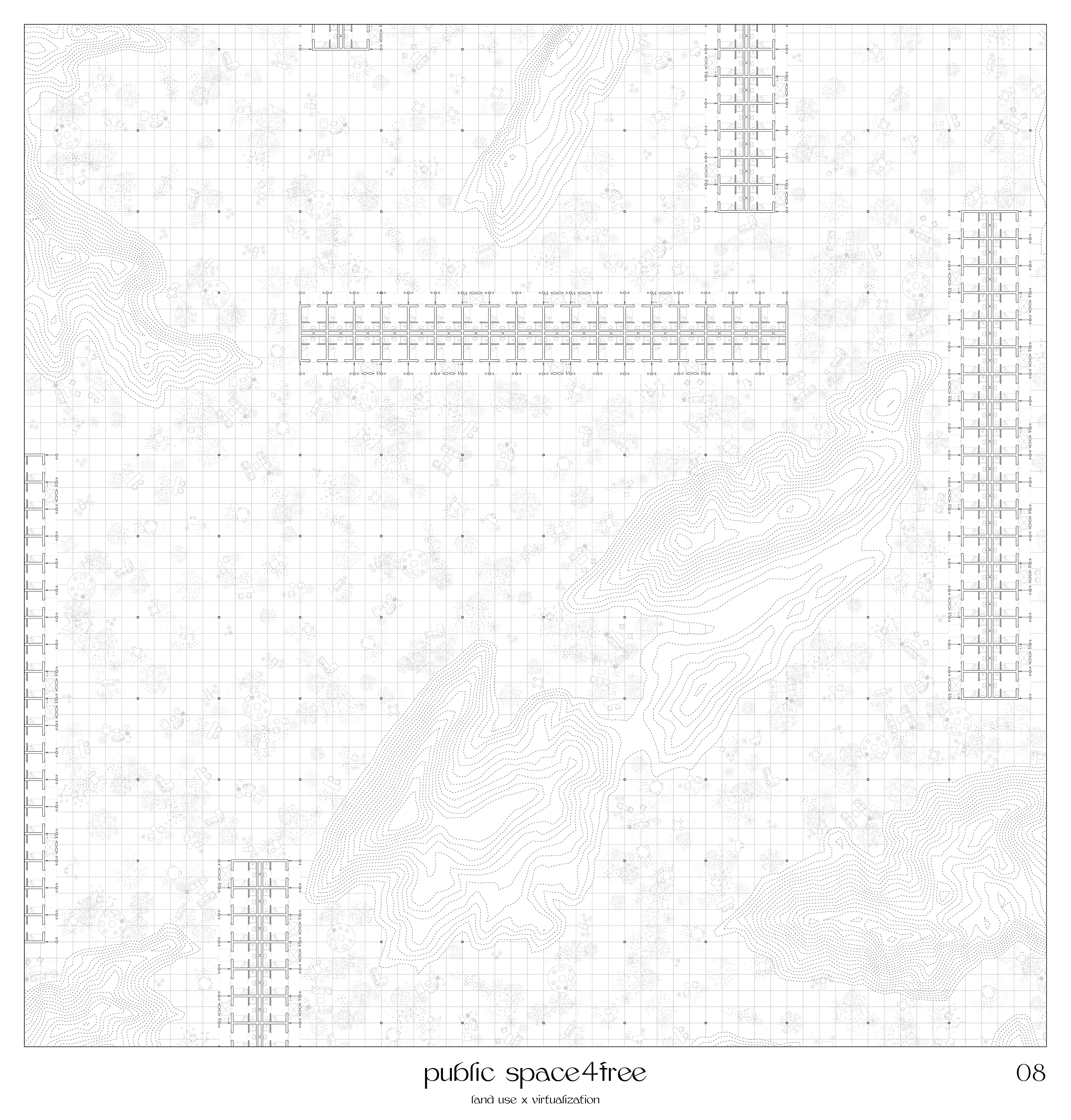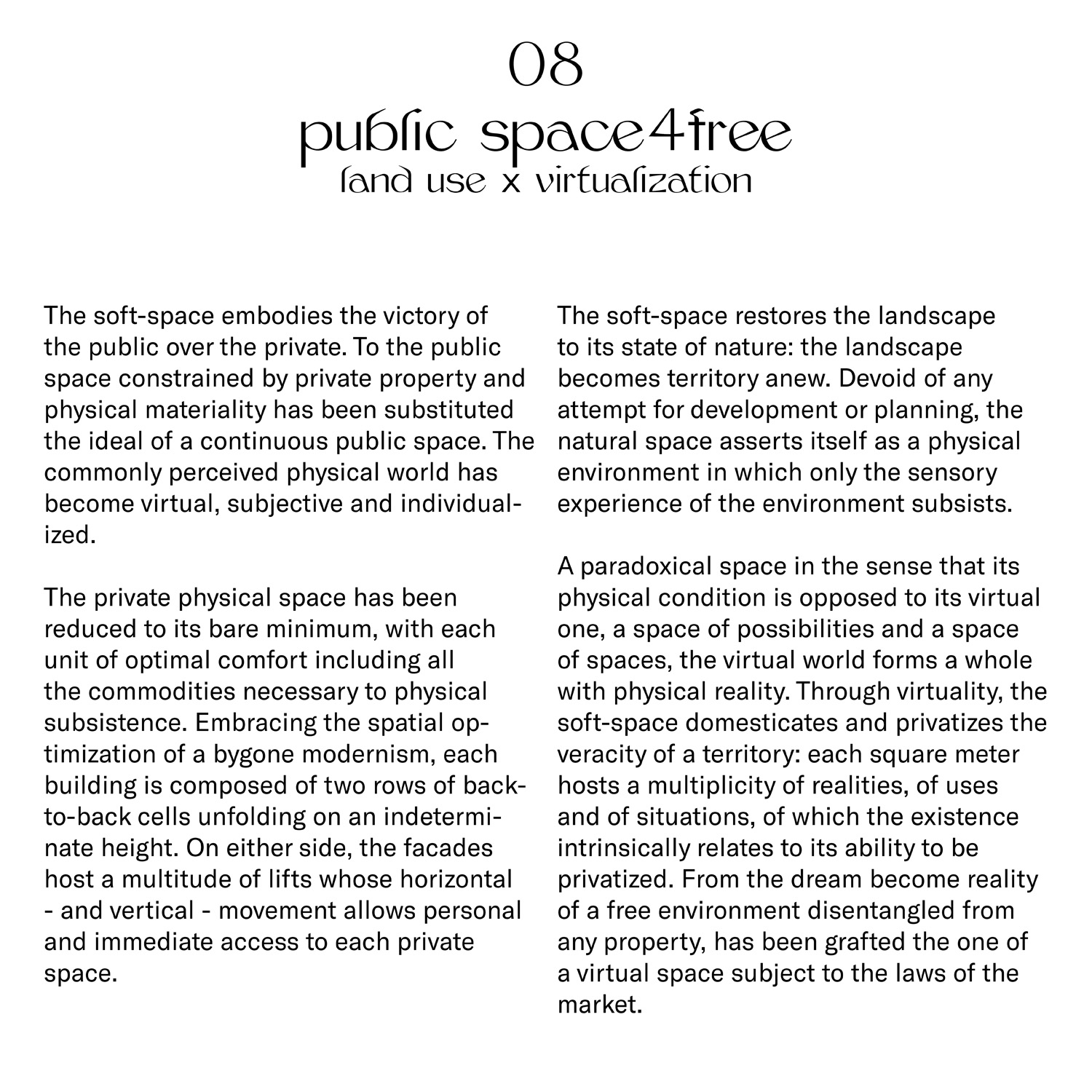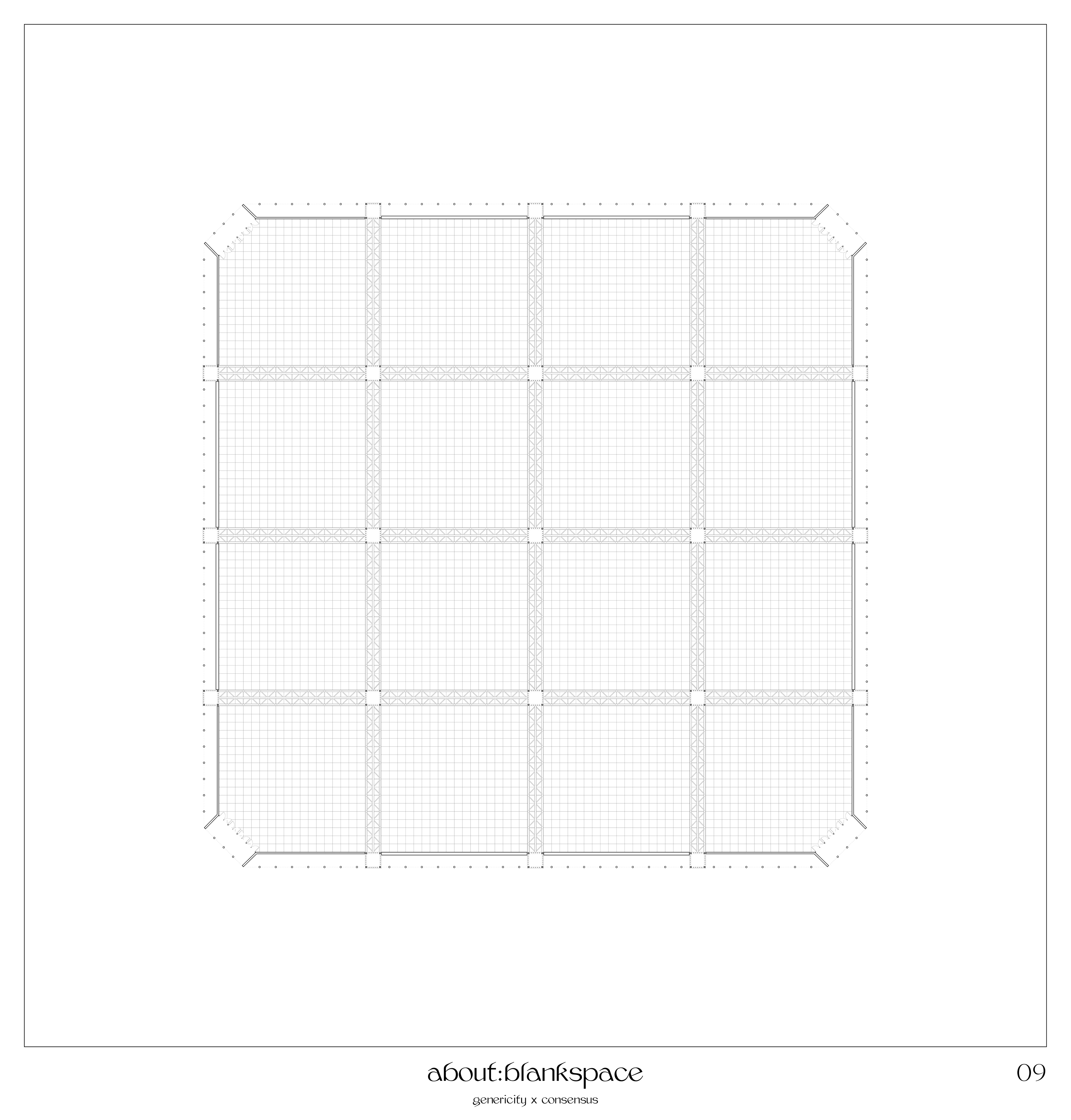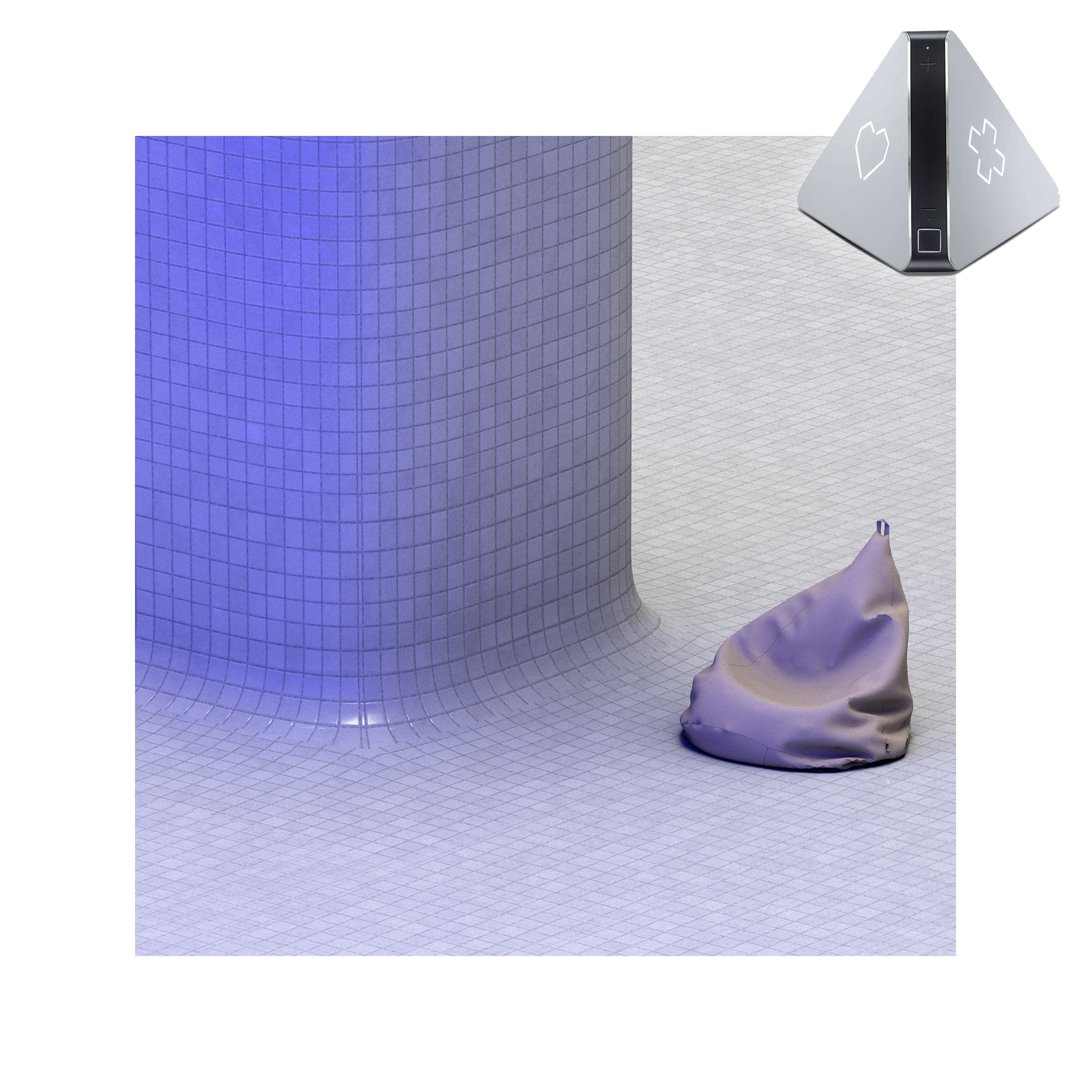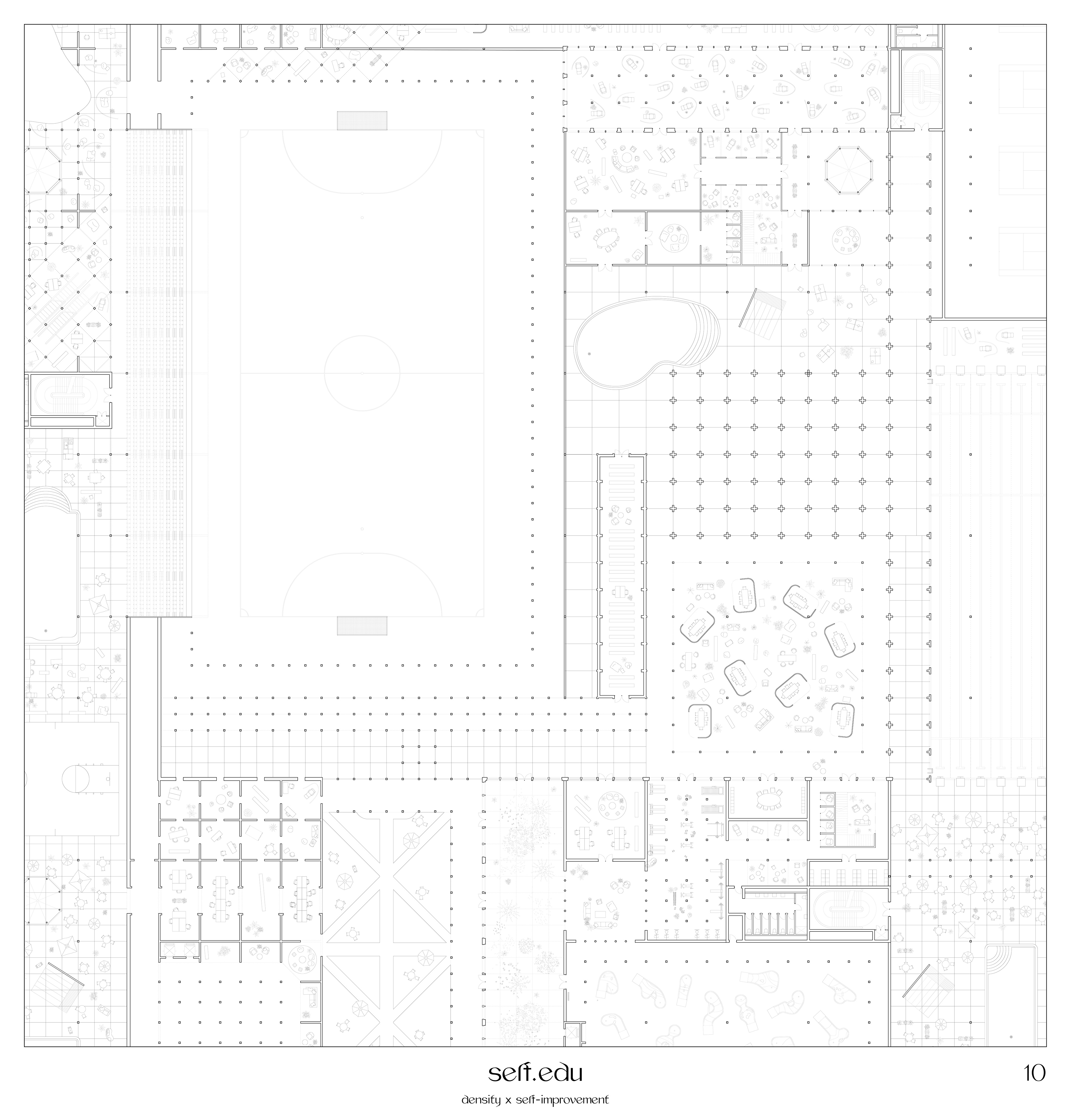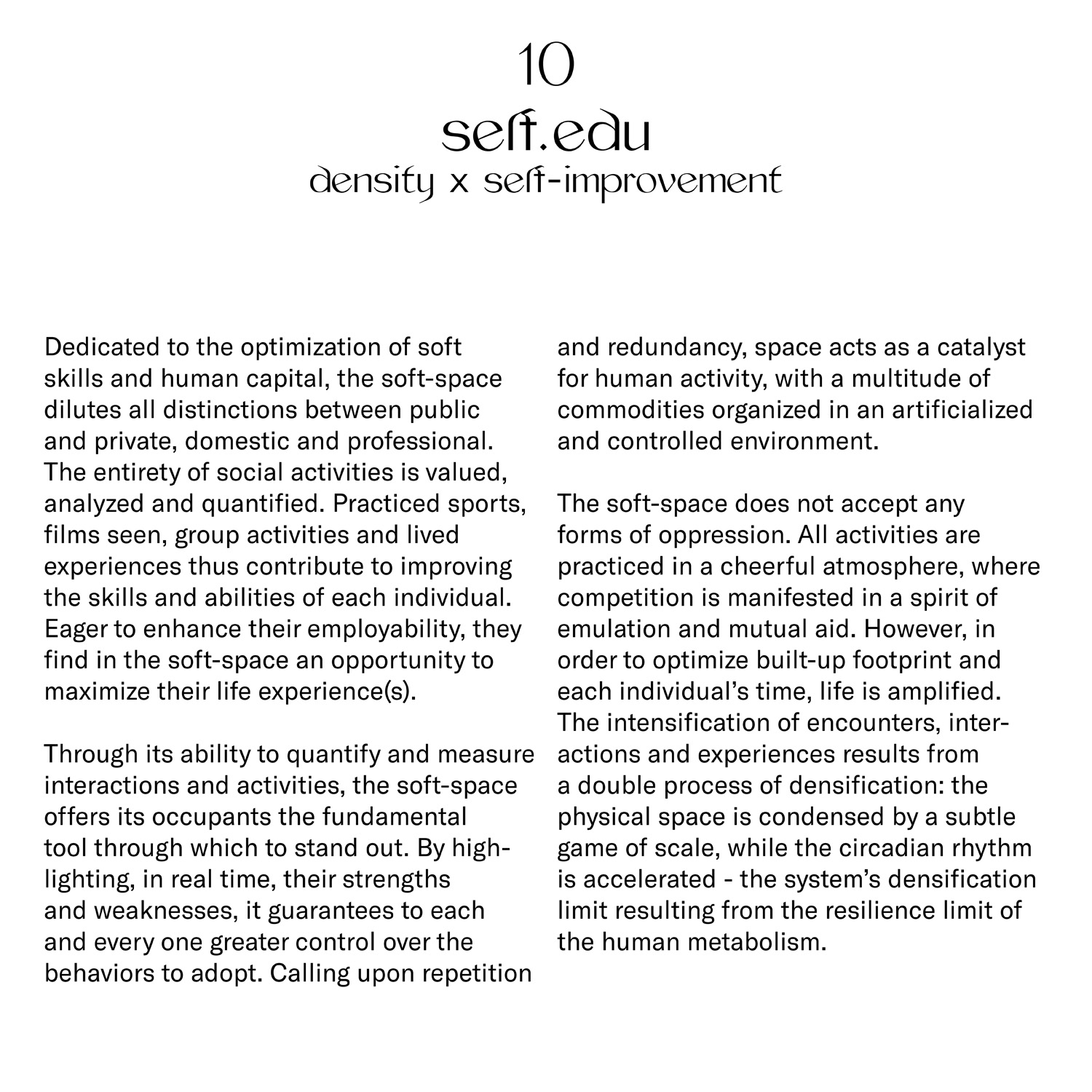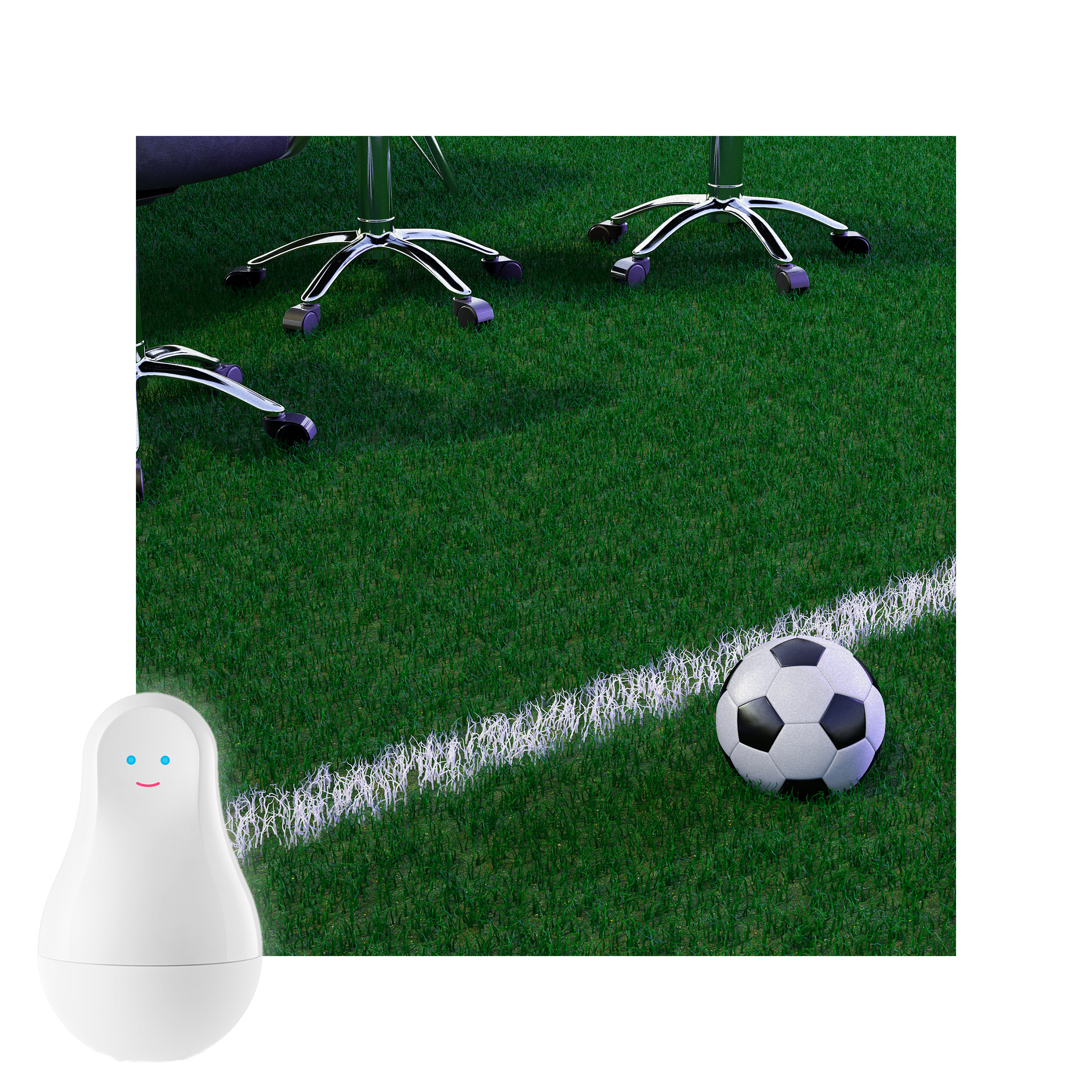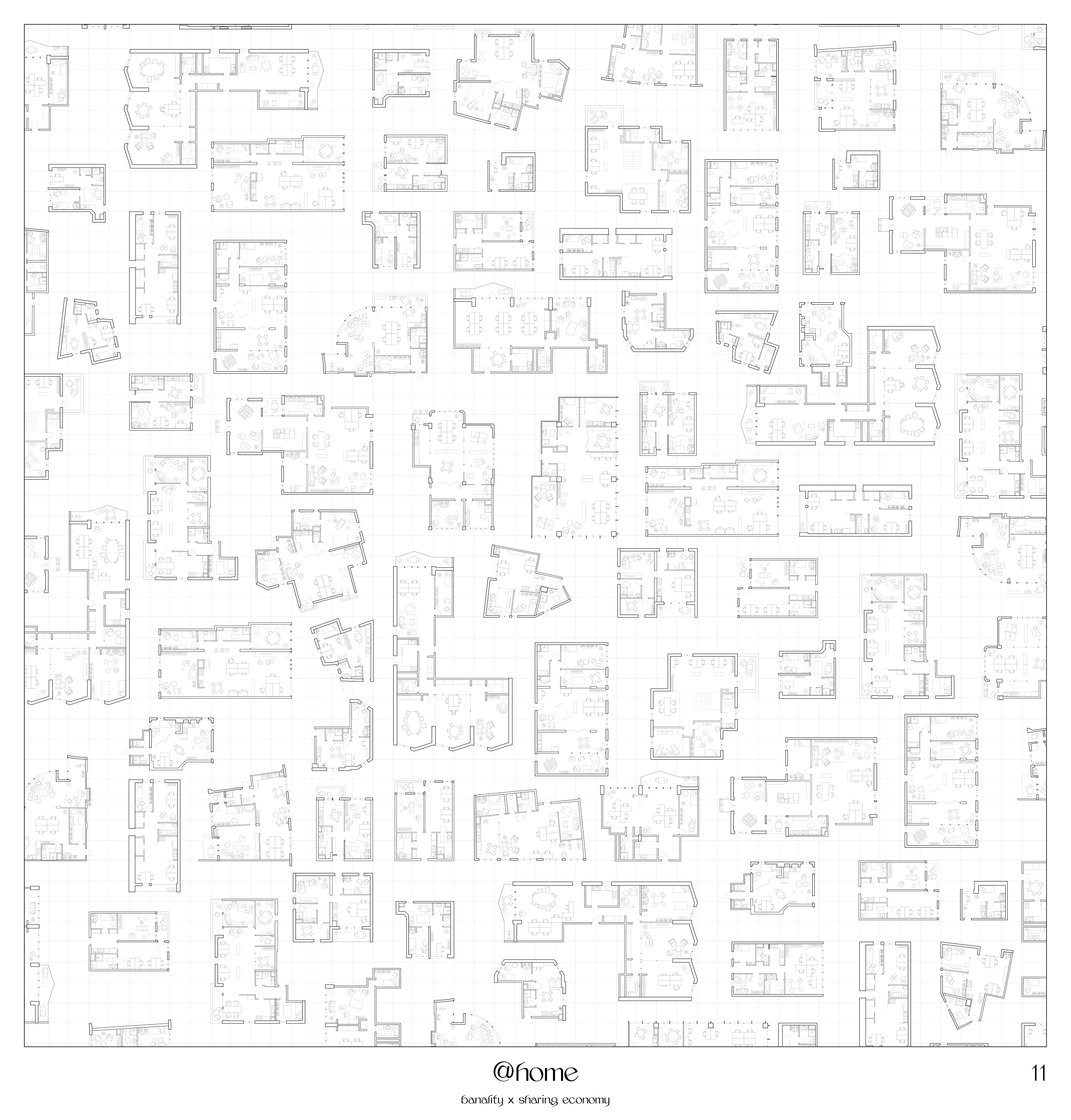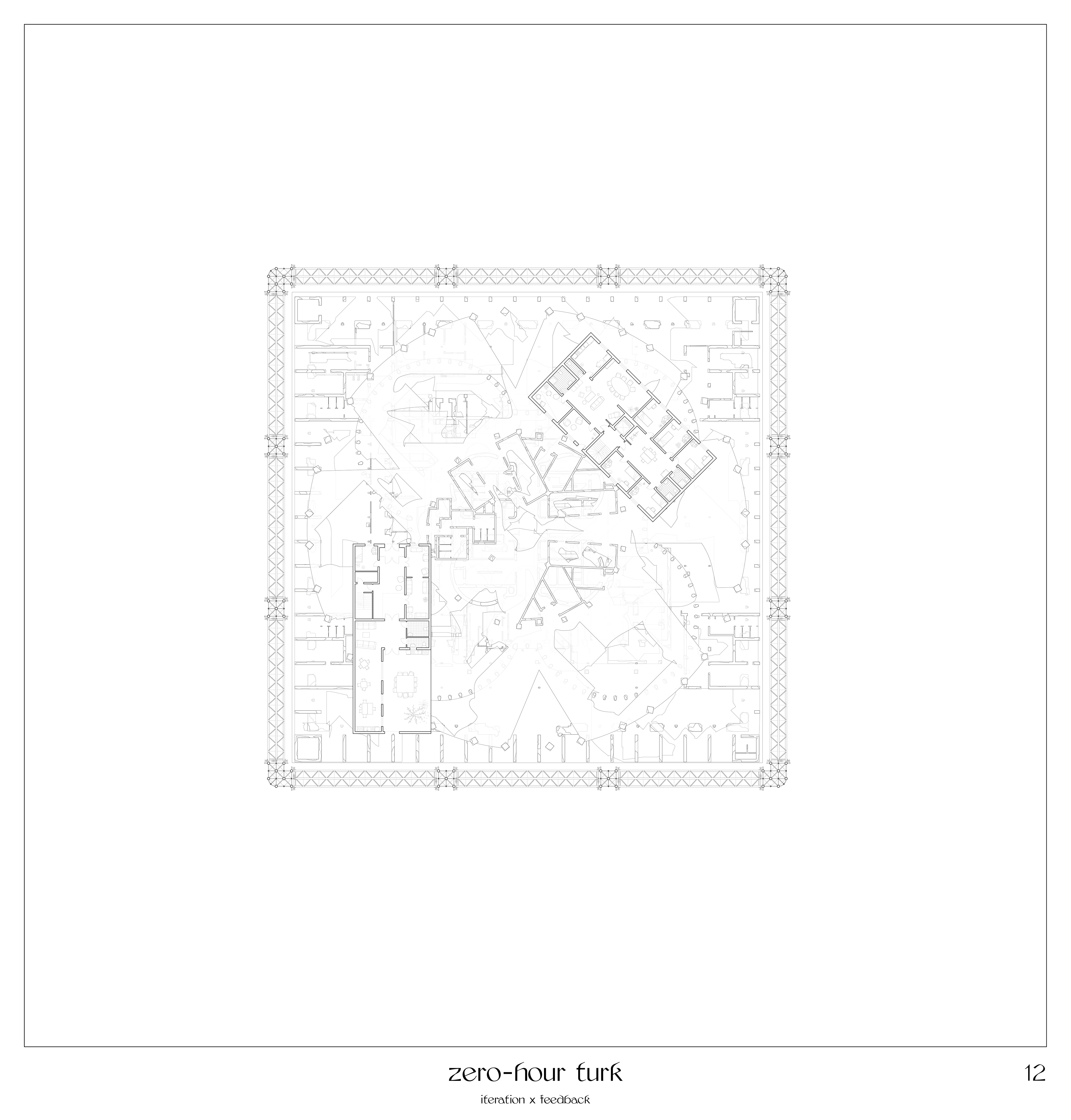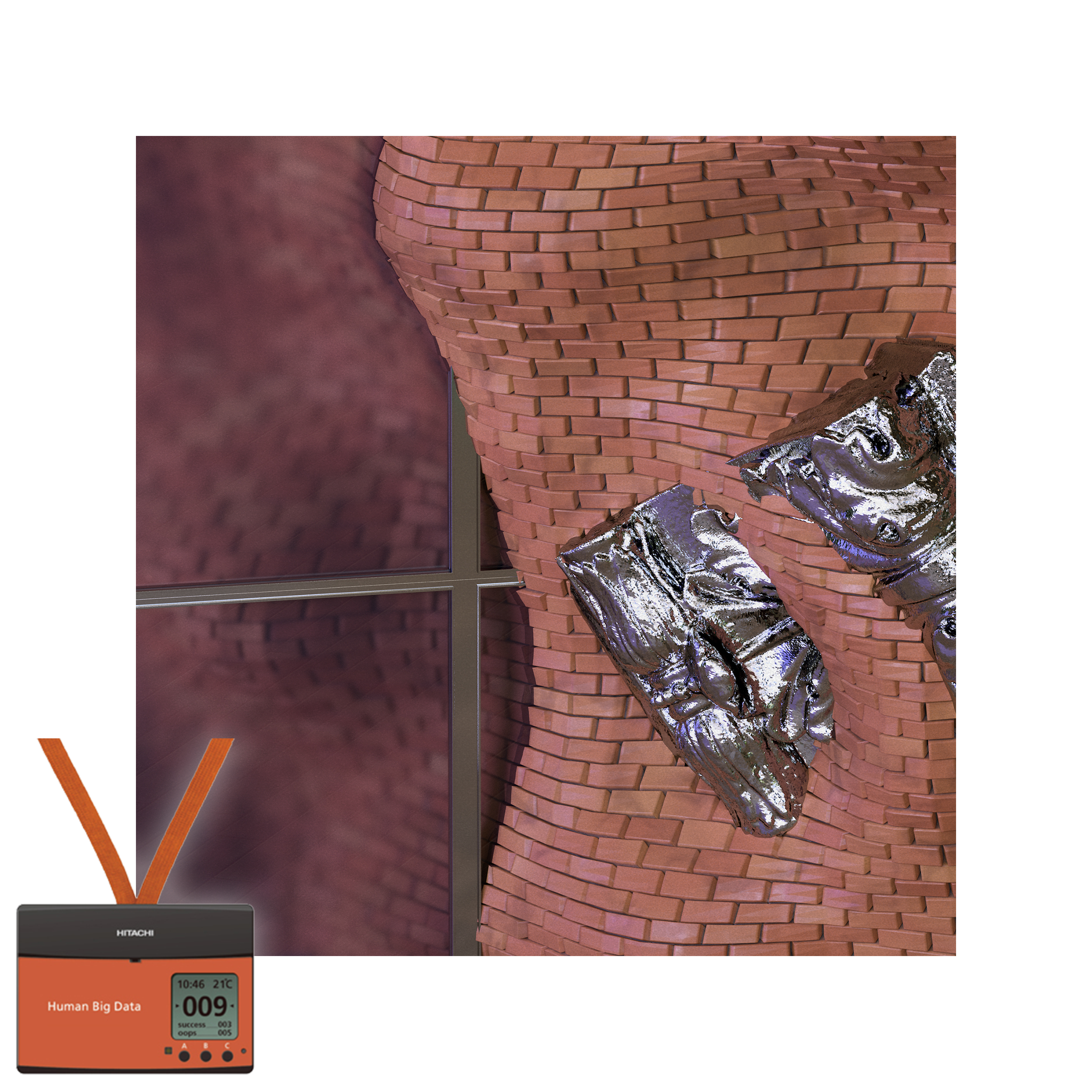hyperwwwork
towards a labor without work : the spatial logics of soft-production
with Romain Curnier
Master of Architecture diploma project
Supervisors : Mario Carpo, Jeremy Lecomte, Christian Girard
ENSAPM 2018
Master of Architecture diploma project
Supervisors : Mario Carpo, Jeremy Lecomte, Christian Girard
ENSAPM 2018
More than a representation of
power and capital, the workplace and its spatial organization principles
act as a mechanism of value production.1,2
Since its birth in the late 18th century, the white-collar workplace
has evolved in response to particular technological innovations, social
ecosystems, workers struggle and design principles.3
However, the recent development of information and communication technology - and especially the ubiquity of the network - tend increasingly to blur the differentiation between workplace and domestic space, work and leisure, production and consumption. While network information economy transformed manual labor into cognitive labor,4 the Internet of Things and large-scale adoption of smart objects participate in the creation of a spatialized information economy. We are currently witnessing the rise of a new kind of space of indeterminate nature, in which every daily action that can be recorded, analyzed and used by third parties eventually creates value,5 consciously or unconsciously, in the name of efficiency and well-being. In this context, commodification of the self and every aspect of one’s life are facilitated by an increasing panel of high-resolution smart objects and technologies such as the blockchain and machine learning, invoking a complex mesh of technical, social and political actors.6
The hyperwwwork project, through the analysis of architectural plans spanning over two centuries and prospective fictional thinking, sheds light on these existing phenomena otherwise hardly perceived. Inspired by the caricatural approach of Superstudio,7 “Twelve Ideal Offices” invites one to take a step back so as to evaluate the consequence and the risks of the implementation of smart technologies by focusing on spaces, interactions and behaviors usually not associated with value production or mechanisms of control. hyperwwwork thus extrapolates a social, technical and architectonic context in which these technologies are embedded, and seeks to reveal the role of architecture in this new paradigm and its corresponding trends, such as the quantified self, custom space experience, decentralization and 24/7 activity.
1. Pier Vittorio Aureli, “The Barest Form in which Architecture Can Exist”, in A-TYPICAL PLAN : Projects and Essays on Identity, Flexibility and Atmosphere in the Office, edited by Jeannette Kuo (Zurich: Park Books, 2013).
2. Rem Koolhaas and Bruce Mau, « Typical Plan », in S, M, L, XL (New York: Monacelli Press, 1995), pp 334-353.
3. Nikil Saval, Cubed : A Secret History of the Workplace (New York: Anchor Books, 2014).
4. André Gorz, L’immatériel : Connaissance, valeur et capital (Paris: Galilée, 2003).
5. Nick Srnicek, Platform Capitalism (Cambridge, UK: Polity Press, 2017).
6. Adam Greenfield, Radical Technologies : The Design of Everyday Life. (London / NY: Verso, 2017).
7. Superstudio, « Twelve Cautionary Tales for Christmas (12 Ideal Cities) », in Architectural Design, AD #12, Standard Catalogue Co. / Academy Editions, 1971.
︎︎︎ More : hyperwwwork.life
Features :
︎︎︎ Atlas of Places, edited by Thomas Paturet. Web, August 2018
︎︎︎ Prix 2018 des meilleurs PFE de la Maison de l’architecture Ile-de-France. November 2018.
︎︎︎ WASH magazine, issue 02 : Definitely post-something. Print/Web, Fall 2018.
Papers & publications :
︎︎︎ "Hyperwwork, Twelve Ideal Offices Towards a Labor Without Work"
in isthisit? issue 05, edited by Bob Bicknell-Knight. London, August 2018.
︎︎︎ "Hyperwwork: Is Alexa our new Chief Happiness Officer? IoT and the Logics of Soft-Production" in Smartness? Between discourse and practice, 15th Architectural Humanities Reseach Association International Conference. TU Eindhoven, Netherlands, 15th-17th November 2018.
︎︎︎ "Hyperwwork: Is Alexa our new Chief Happiness Officer? IoT and the Logics of Soft-Production" in Architecture and the Smart City, edited by Sergio M. Figueiredo, Sukanya Krishnamurthy, Torsten Schroeder.
Routledge : New York, 2019.
︎︎︎ "Hyperwwwork : Twelve Ideal Offices" in Deep City : Climate Crisis, Democracy and the Digital International Latsis Symposium - Open Forum. EPFL, Switzerland, 24th-26th March 2021
However, the recent development of information and communication technology - and especially the ubiquity of the network - tend increasingly to blur the differentiation between workplace and domestic space, work and leisure, production and consumption. While network information economy transformed manual labor into cognitive labor,4 the Internet of Things and large-scale adoption of smart objects participate in the creation of a spatialized information economy. We are currently witnessing the rise of a new kind of space of indeterminate nature, in which every daily action that can be recorded, analyzed and used by third parties eventually creates value,5 consciously or unconsciously, in the name of efficiency and well-being. In this context, commodification of the self and every aspect of one’s life are facilitated by an increasing panel of high-resolution smart objects and technologies such as the blockchain and machine learning, invoking a complex mesh of technical, social and political actors.6
The hyperwwwork project, through the analysis of architectural plans spanning over two centuries and prospective fictional thinking, sheds light on these existing phenomena otherwise hardly perceived. Inspired by the caricatural approach of Superstudio,7 “Twelve Ideal Offices” invites one to take a step back so as to evaluate the consequence and the risks of the implementation of smart technologies by focusing on spaces, interactions and behaviors usually not associated with value production or mechanisms of control. hyperwwwork thus extrapolates a social, technical and architectonic context in which these technologies are embedded, and seeks to reveal the role of architecture in this new paradigm and its corresponding trends, such as the quantified self, custom space experience, decentralization and 24/7 activity.
1. Pier Vittorio Aureli, “The Barest Form in which Architecture Can Exist”, in A-TYPICAL PLAN : Projects and Essays on Identity, Flexibility and Atmosphere in the Office, edited by Jeannette Kuo (Zurich: Park Books, 2013).
2. Rem Koolhaas and Bruce Mau, « Typical Plan », in S, M, L, XL (New York: Monacelli Press, 1995), pp 334-353.
3. Nikil Saval, Cubed : A Secret History of the Workplace (New York: Anchor Books, 2014).
4. André Gorz, L’immatériel : Connaissance, valeur et capital (Paris: Galilée, 2003).
5. Nick Srnicek, Platform Capitalism (Cambridge, UK: Polity Press, 2017).
6. Adam Greenfield, Radical Technologies : The Design of Everyday Life. (London / NY: Verso, 2017).
7. Superstudio, « Twelve Cautionary Tales for Christmas (12 Ideal Cities) », in Architectural Design, AD #12, Standard Catalogue Co. / Academy Editions, 1971.
︎︎︎ More : hyperwwwork.life
Features :
︎︎︎ Atlas of Places, edited by Thomas Paturet. Web, August 2018
︎︎︎ Prix 2018 des meilleurs PFE de la Maison de l’architecture Ile-de-France. November 2018.
︎︎︎ WASH magazine, issue 02 : Definitely post-something. Print/Web, Fall 2018.
Papers & publications :
︎︎︎ "Hyperwwork, Twelve Ideal Offices Towards a Labor Without Work"
in isthisit? issue 05, edited by Bob Bicknell-Knight. London, August 2018.
︎︎︎ "Hyperwwork: Is Alexa our new Chief Happiness Officer? IoT and the Logics of Soft-Production" in Smartness? Between discourse and practice, 15th Architectural Humanities Reseach Association International Conference. TU Eindhoven, Netherlands, 15th-17th November 2018.
︎︎︎ "Hyperwwork: Is Alexa our new Chief Happiness Officer? IoT and the Logics of Soft-Production" in Architecture and the Smart City, edited by Sergio M. Figueiredo, Sukanya Krishnamurthy, Torsten Schroeder.
Routledge : New York, 2019.
︎︎︎ "Hyperwwwork : Twelve Ideal Offices" in Deep City : Climate Crisis, Democracy and the Digital International Latsis Symposium - Open Forum. EPFL, Switzerland, 24th-26th March 2021
